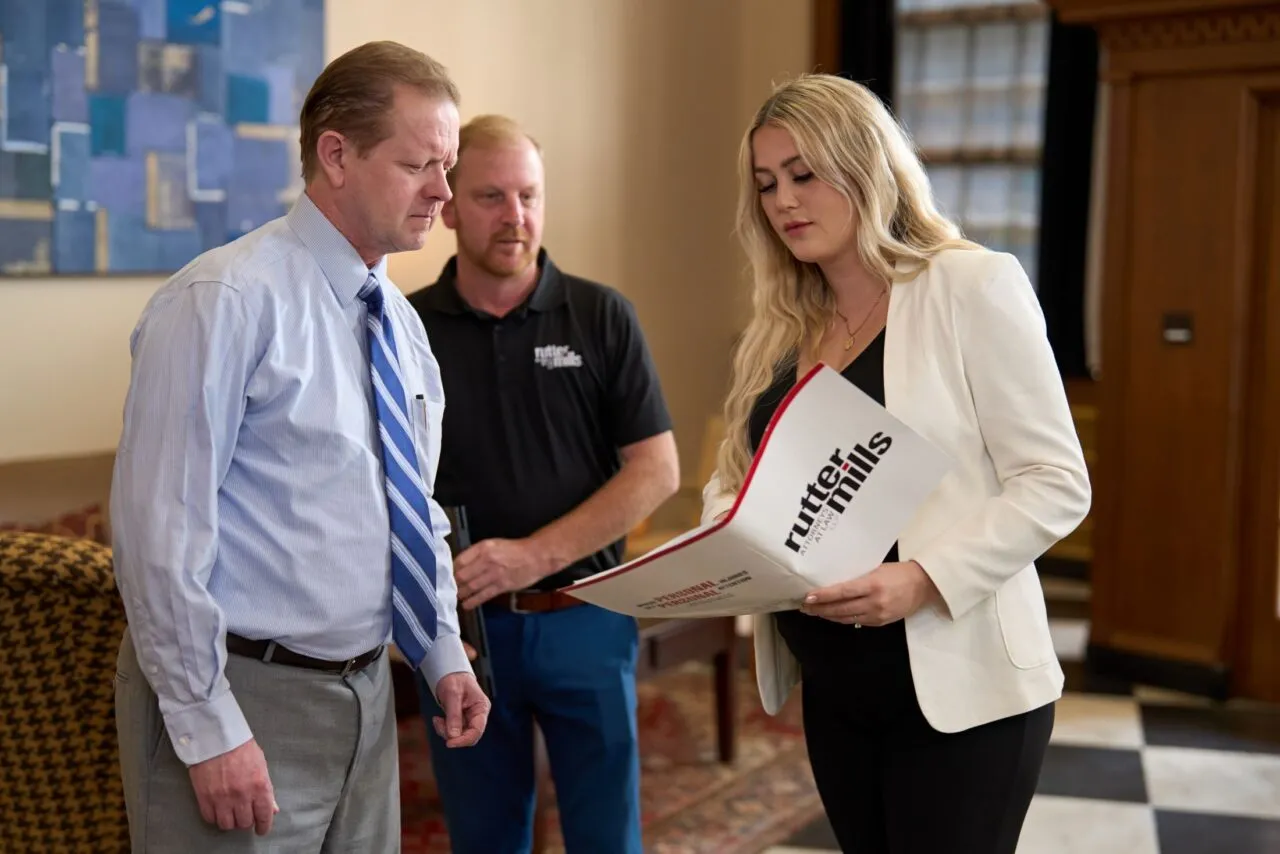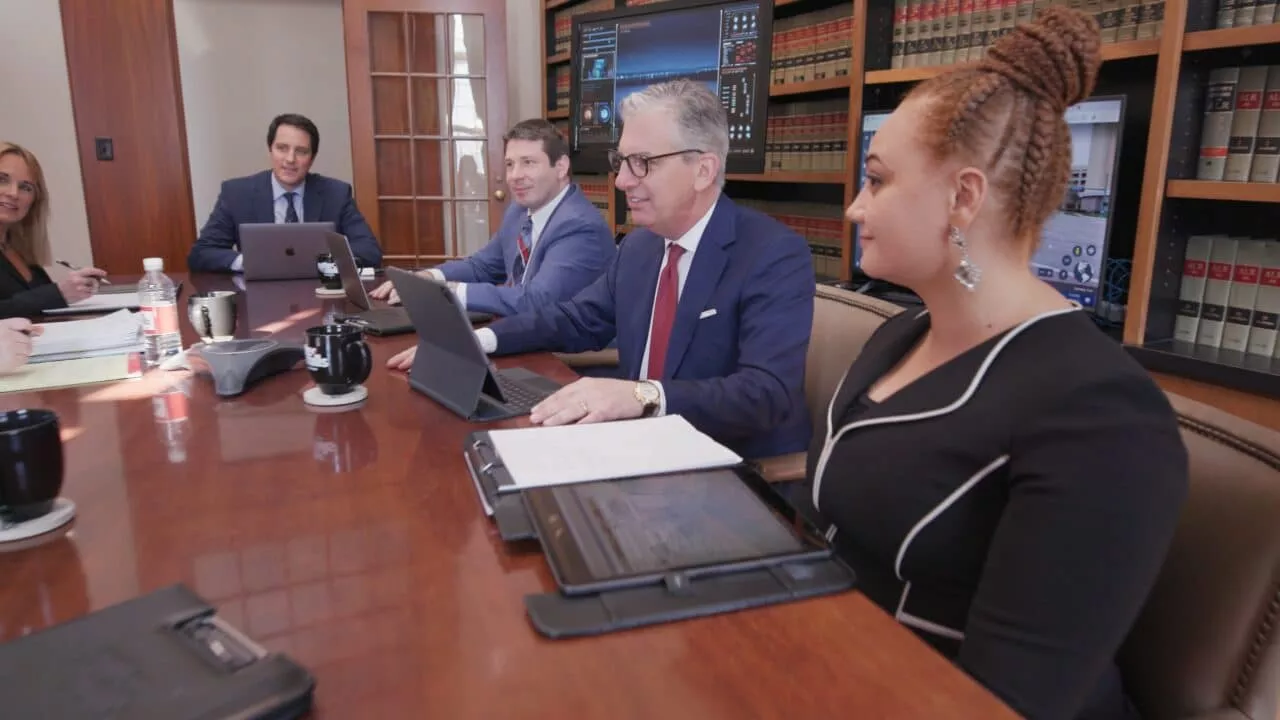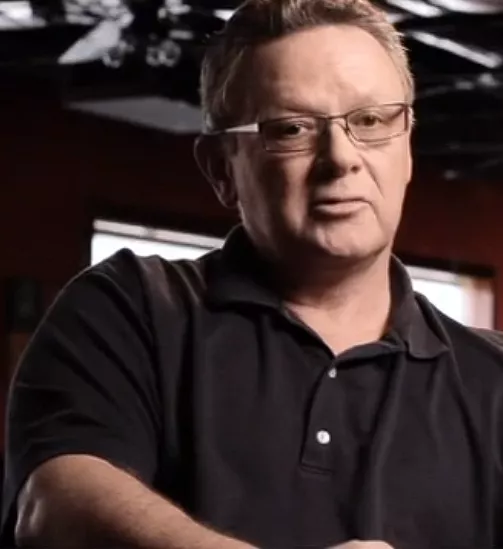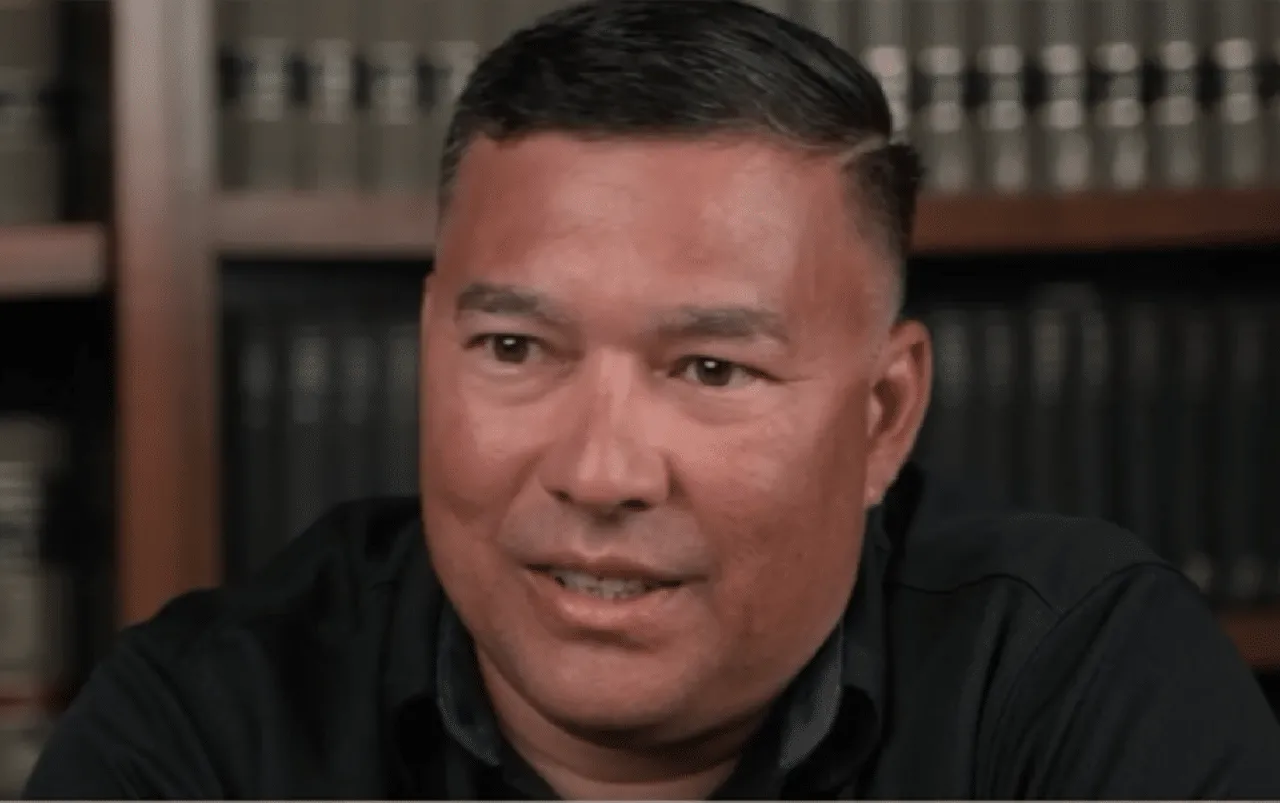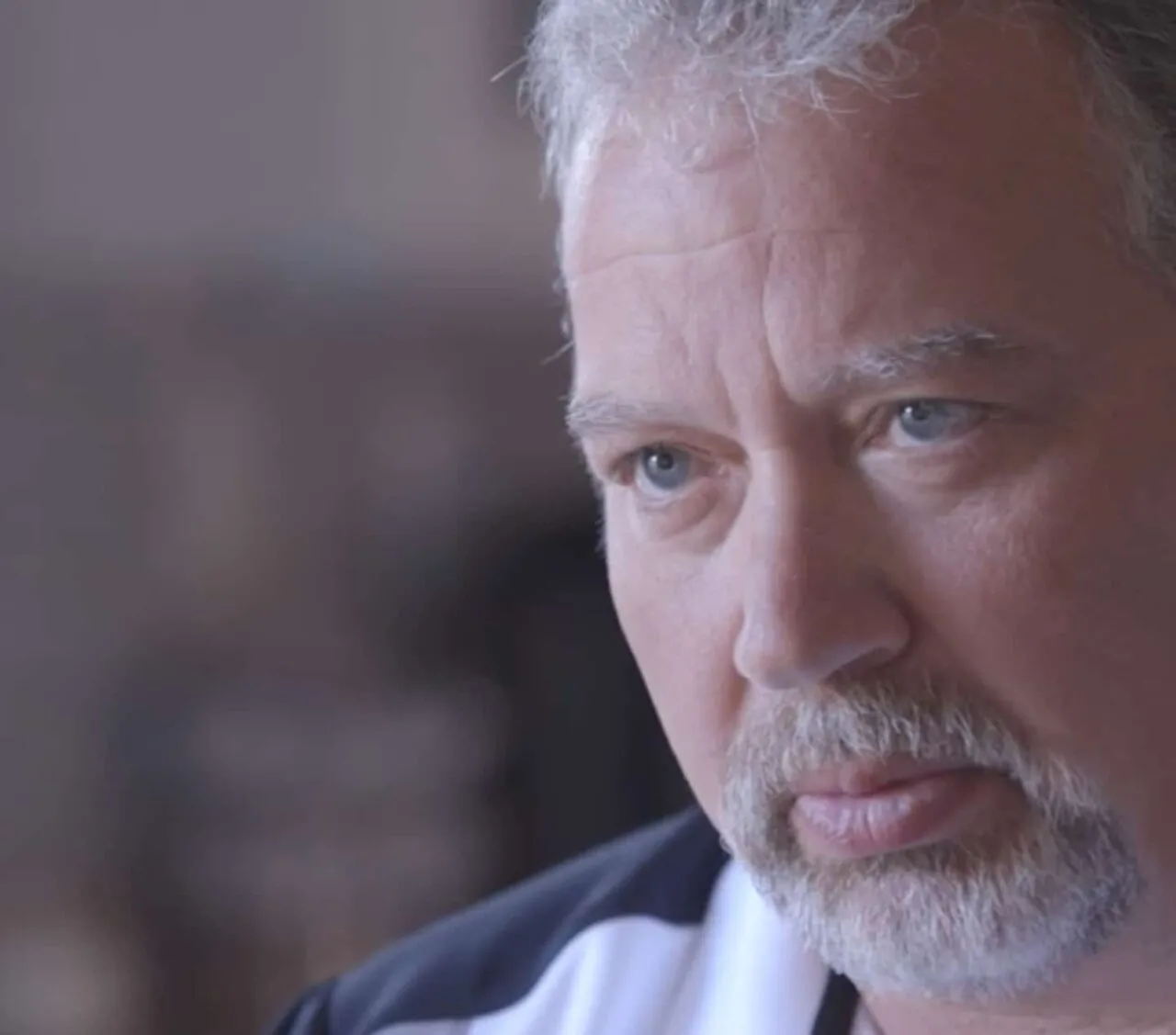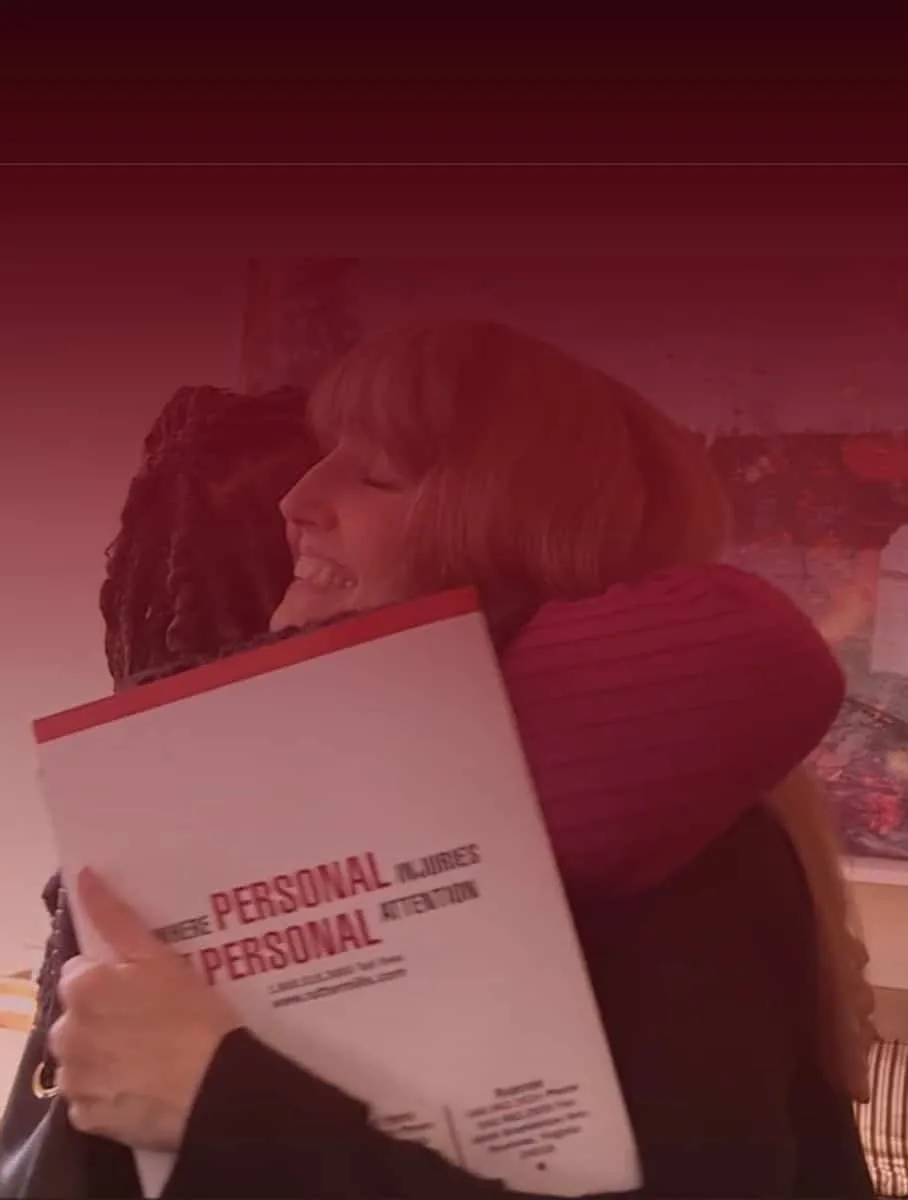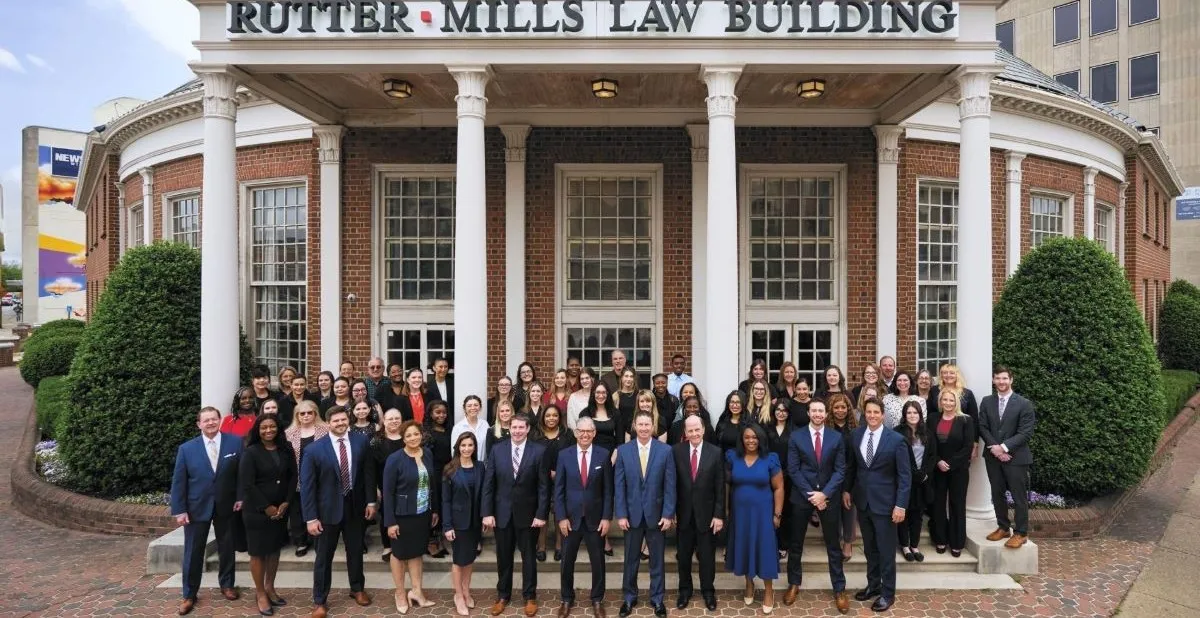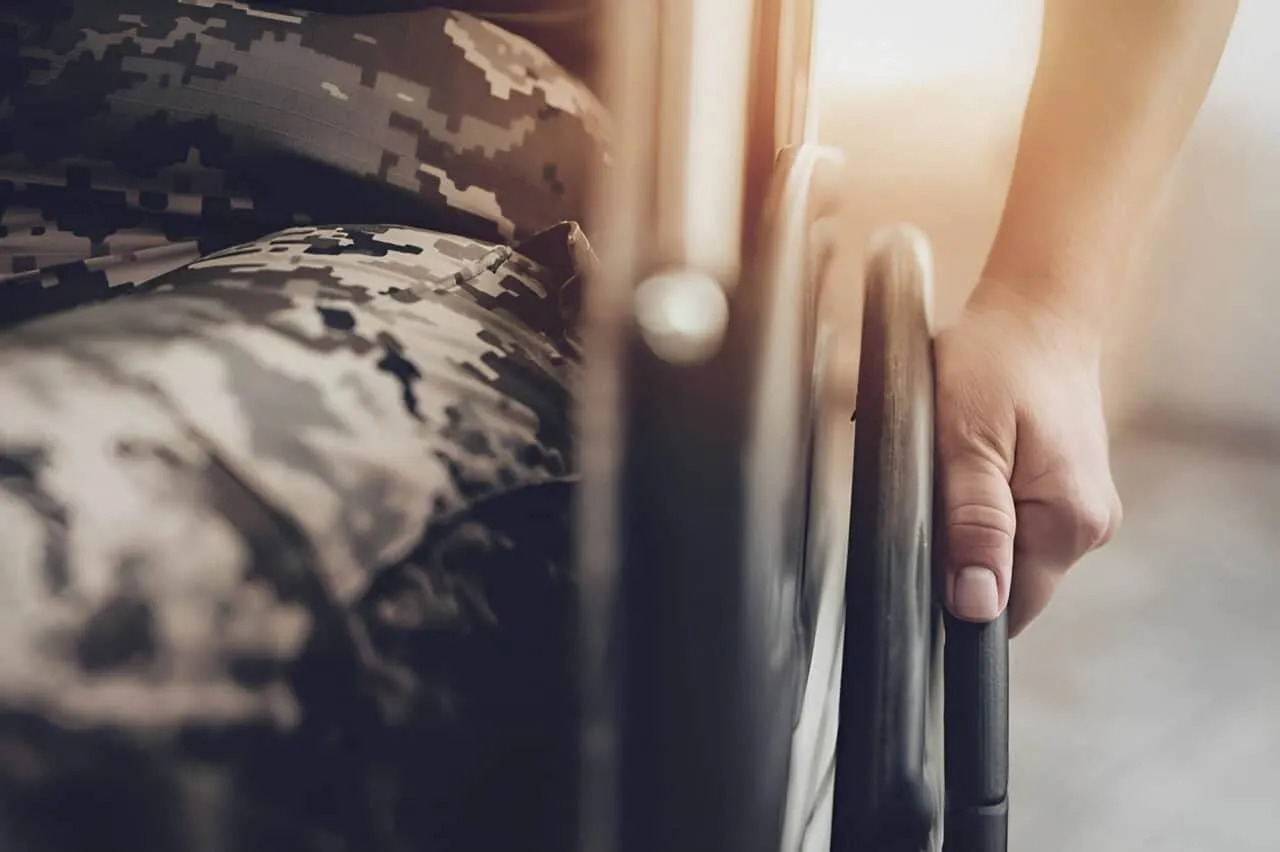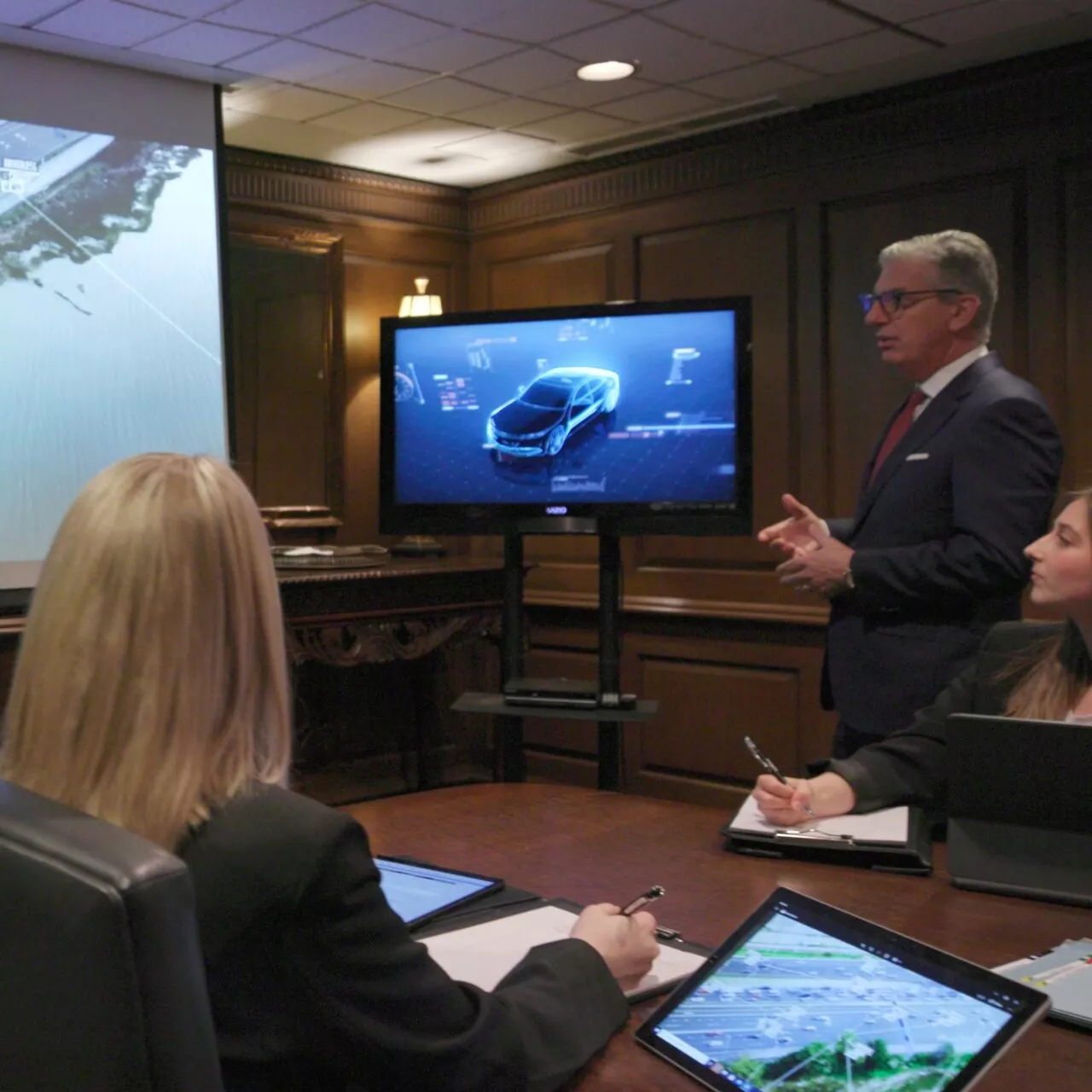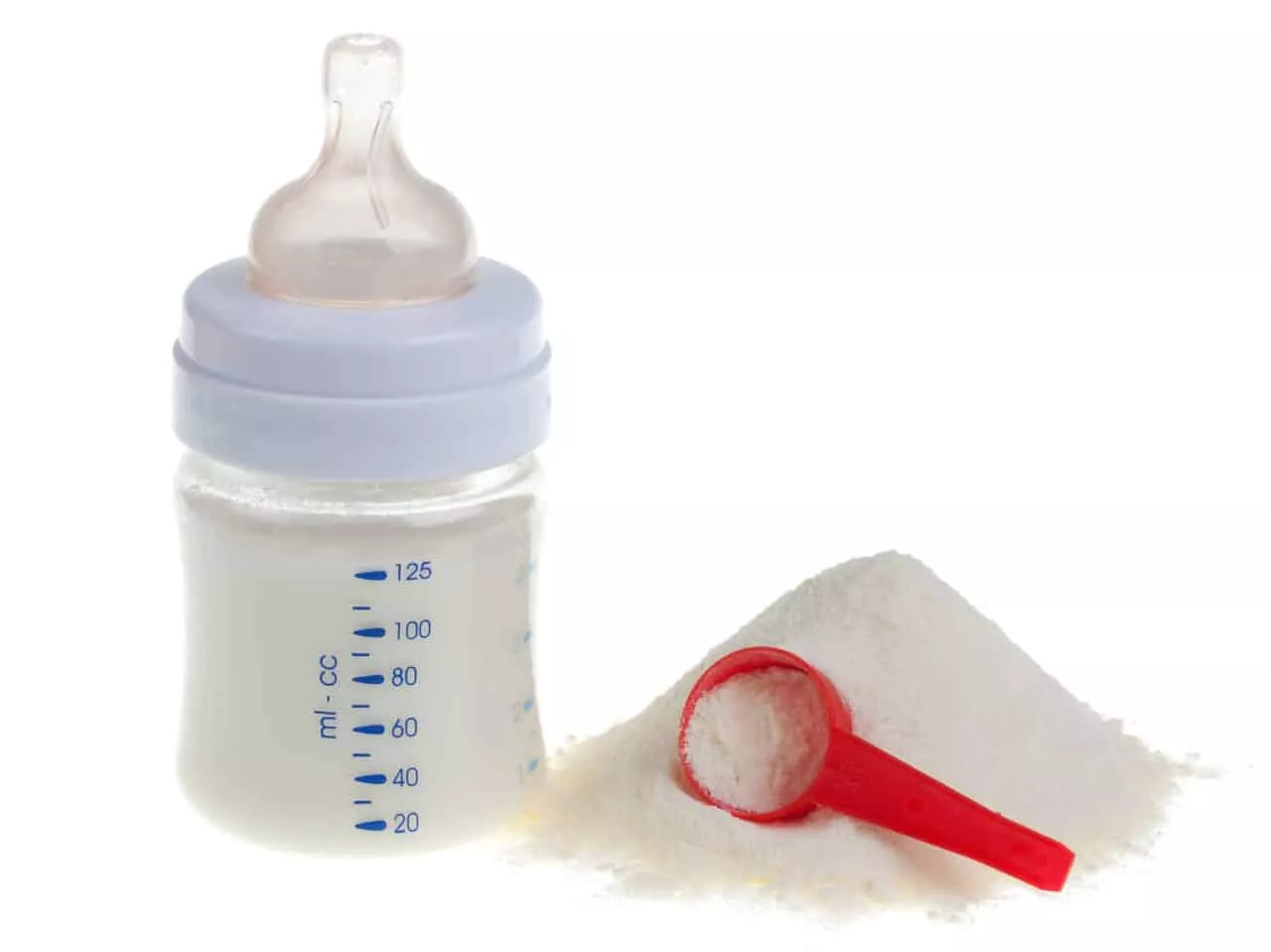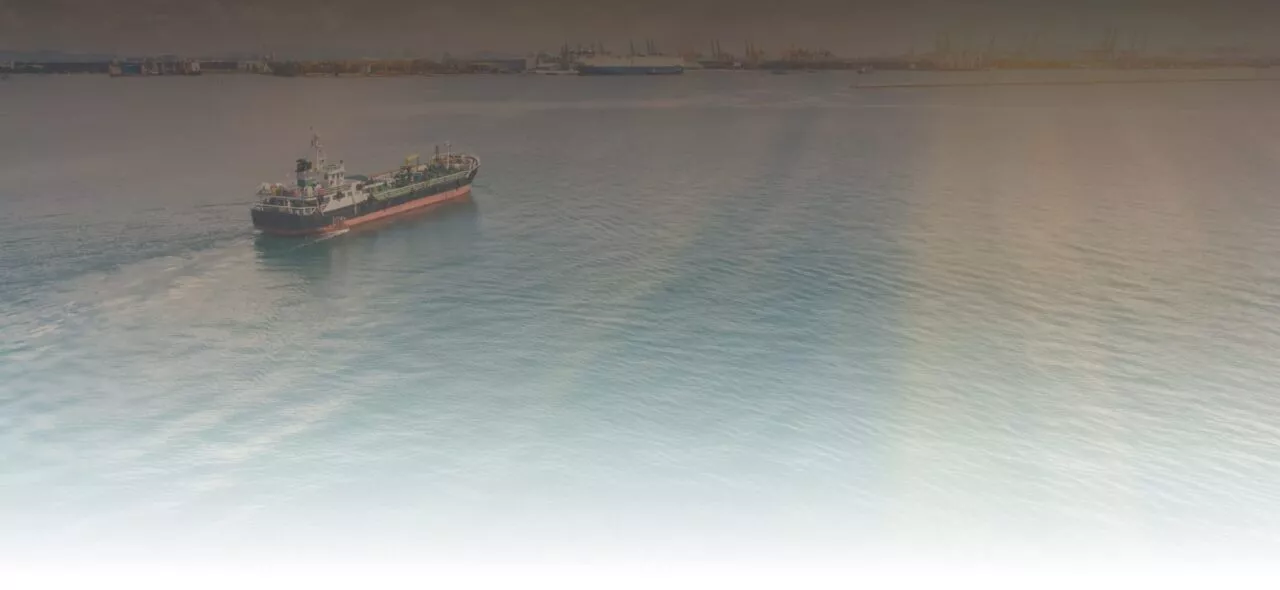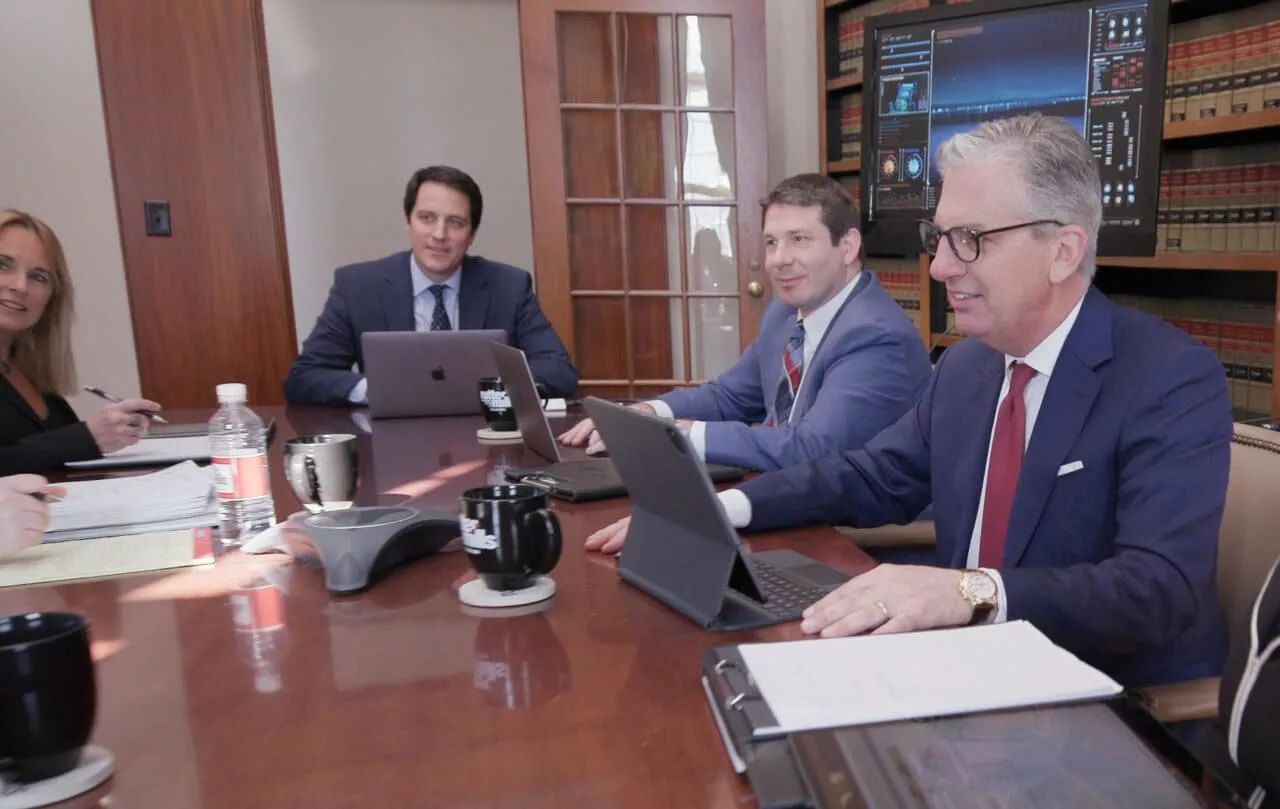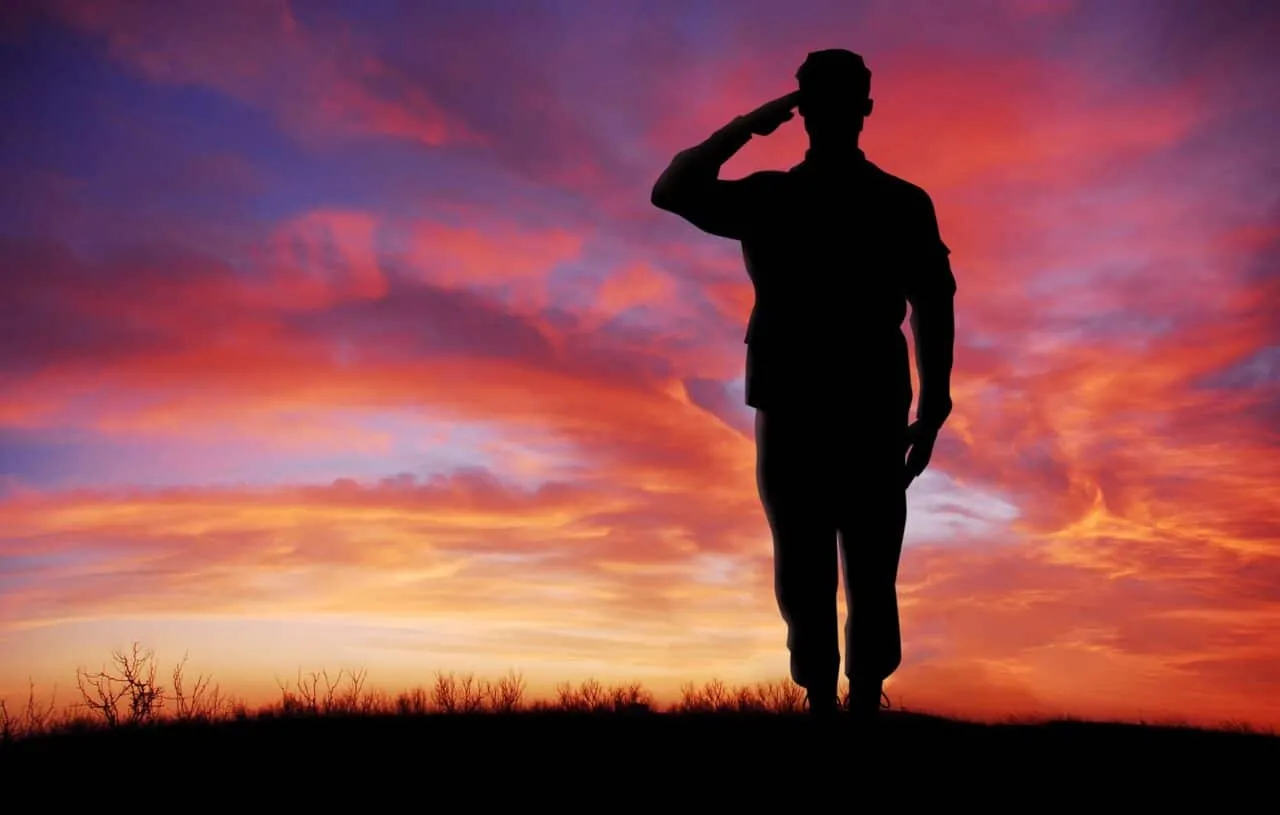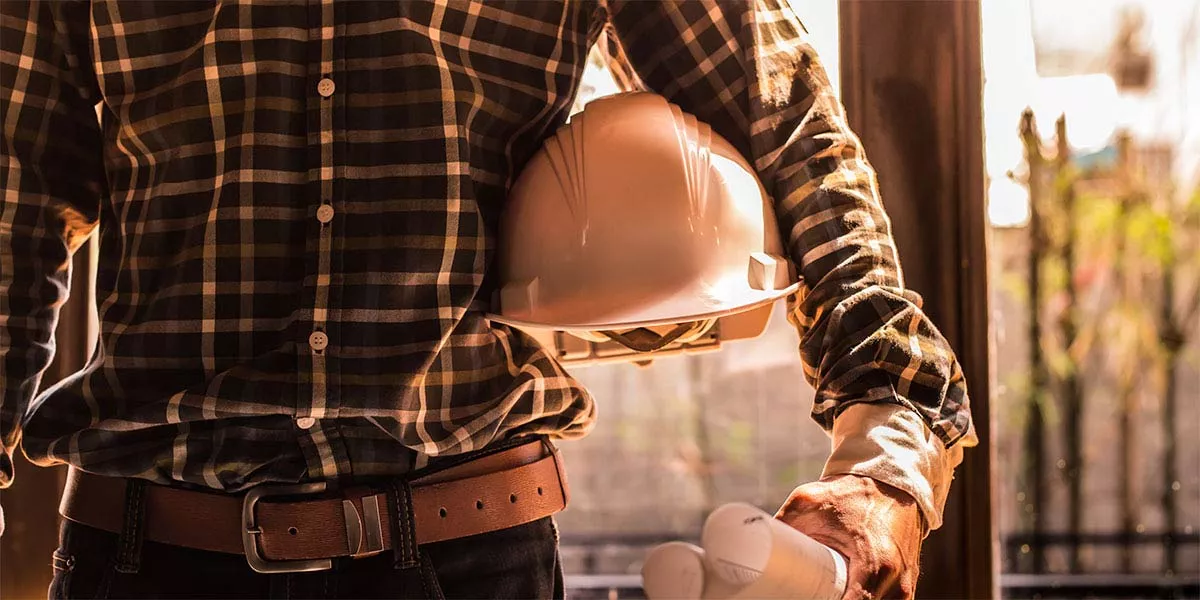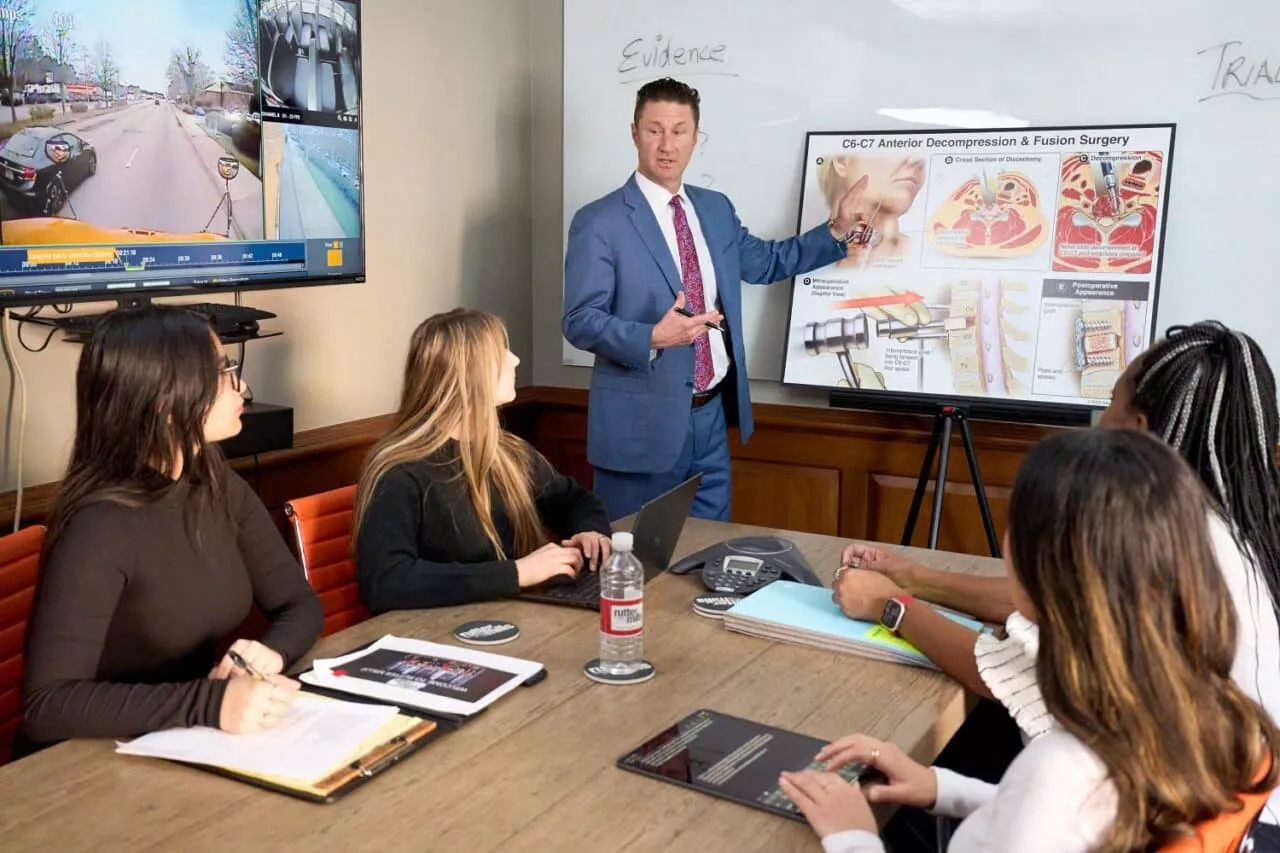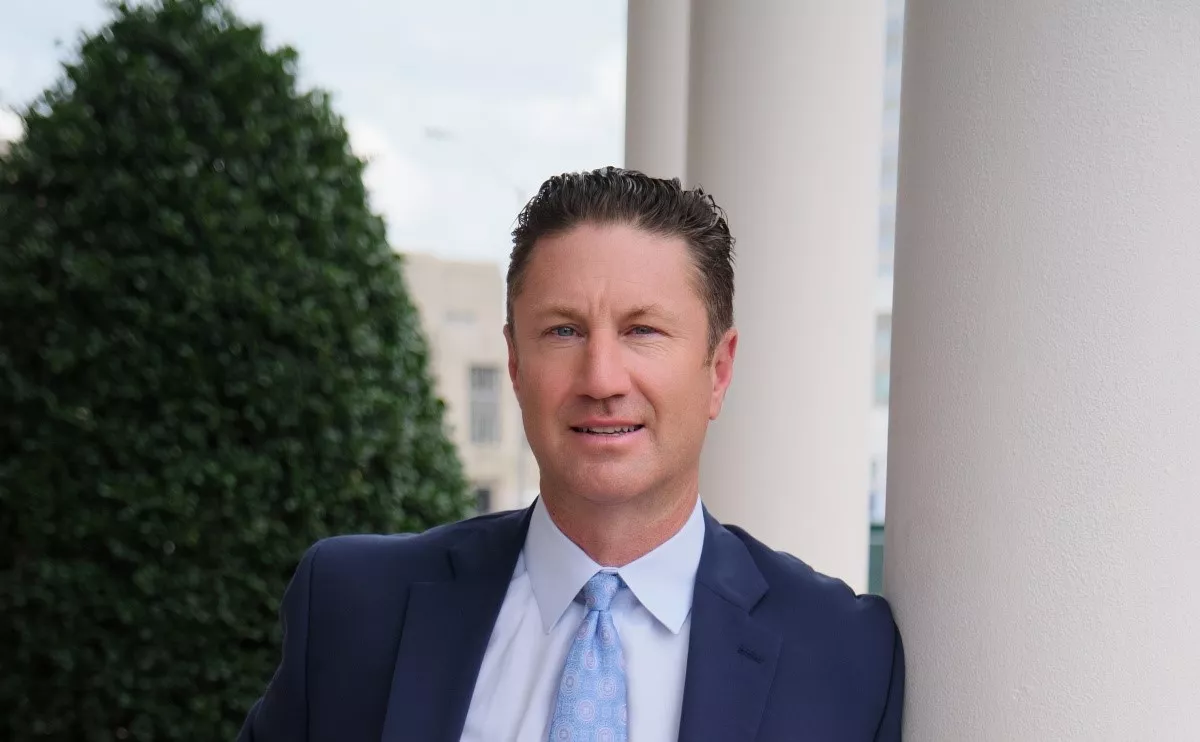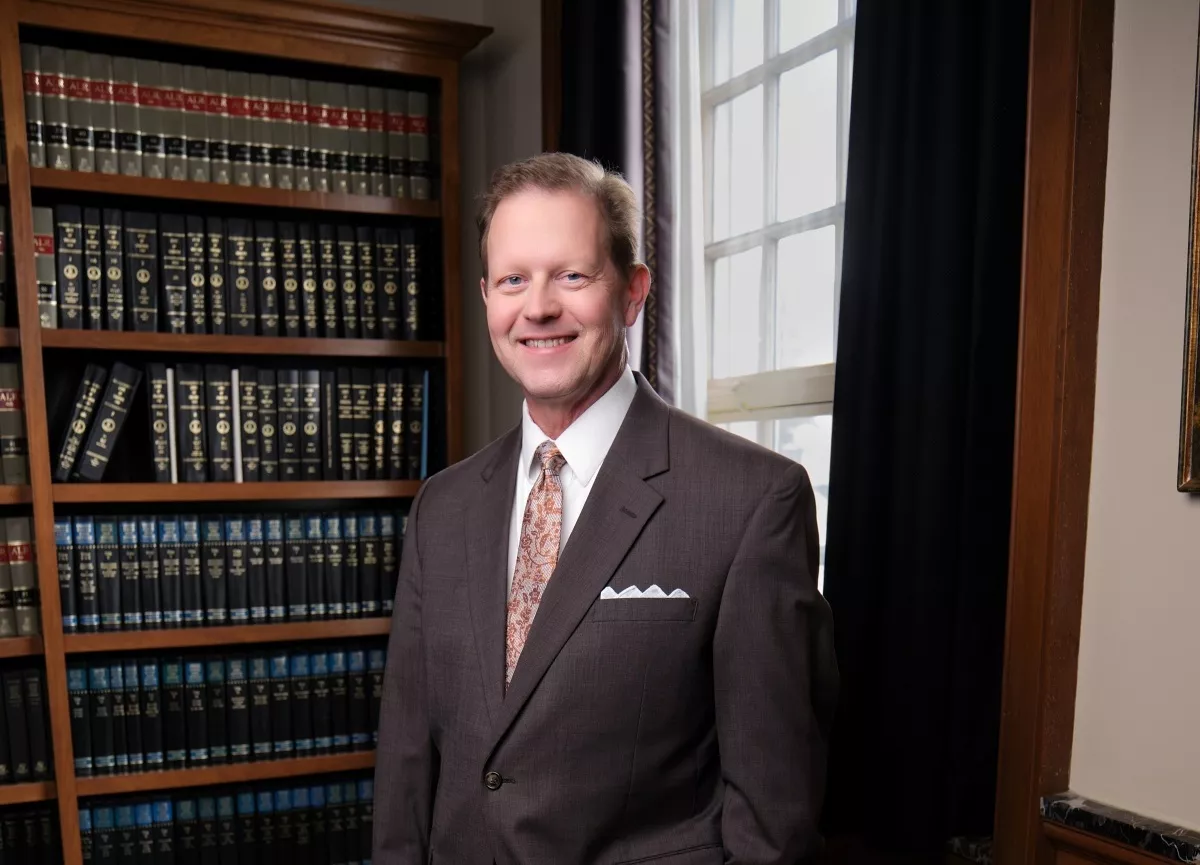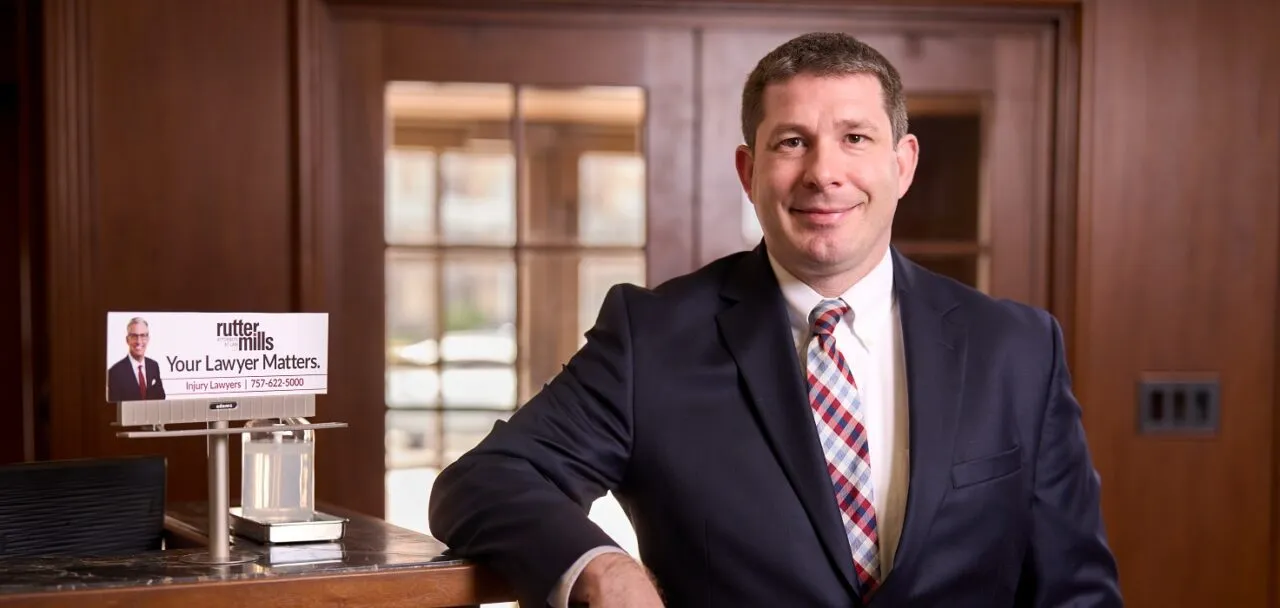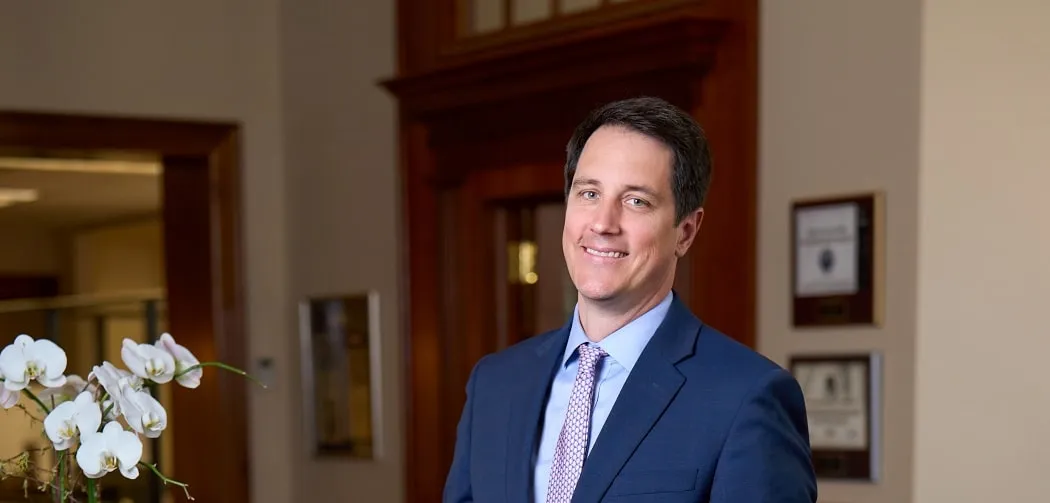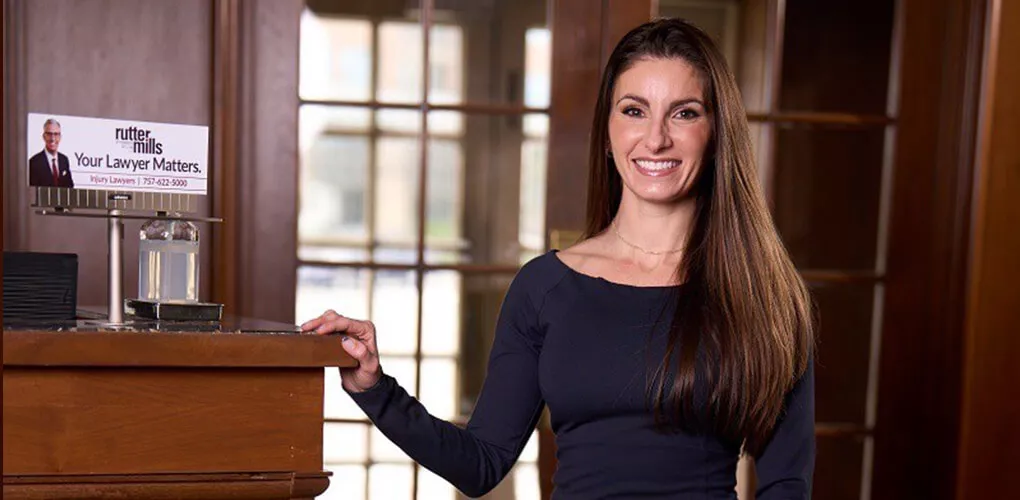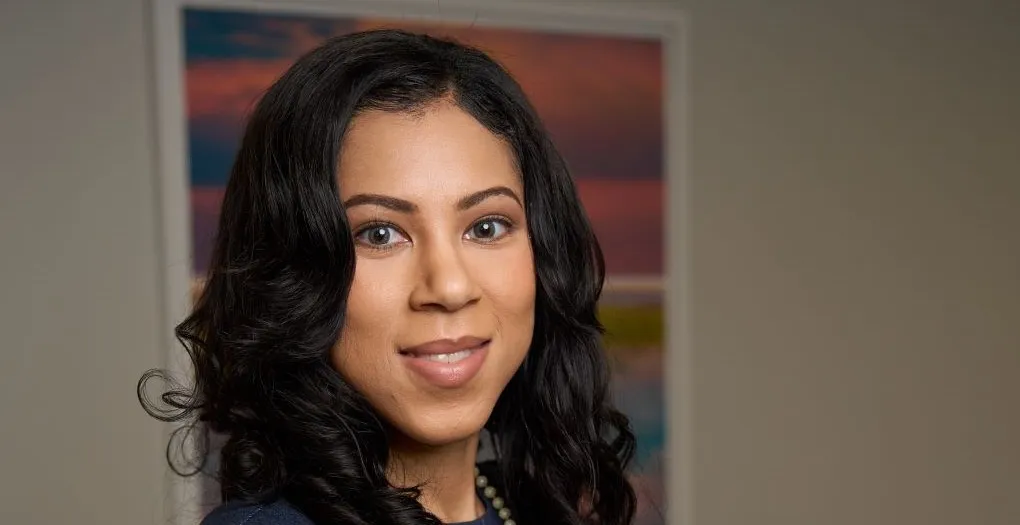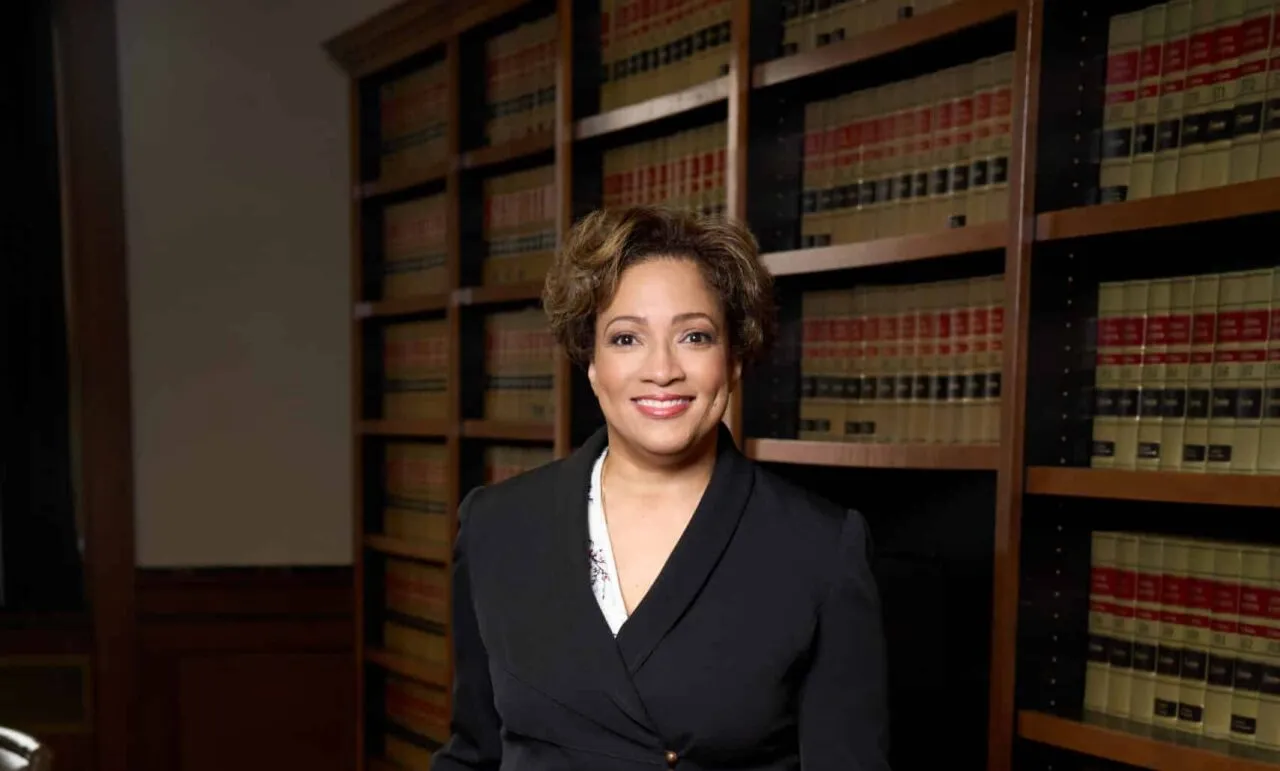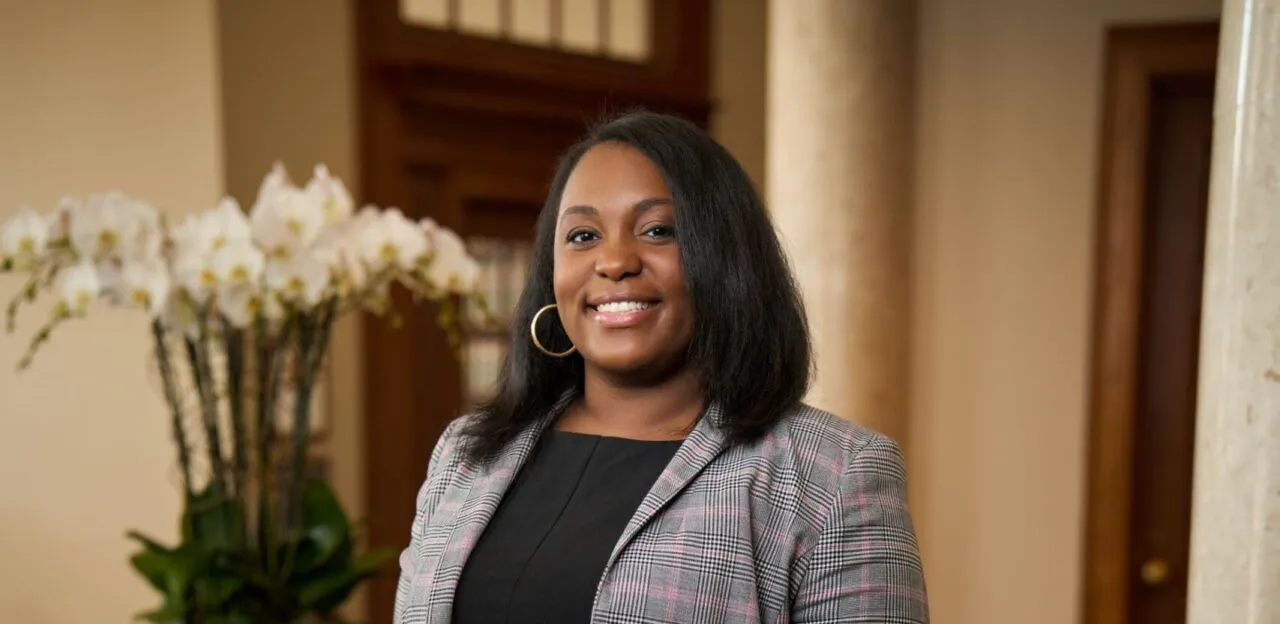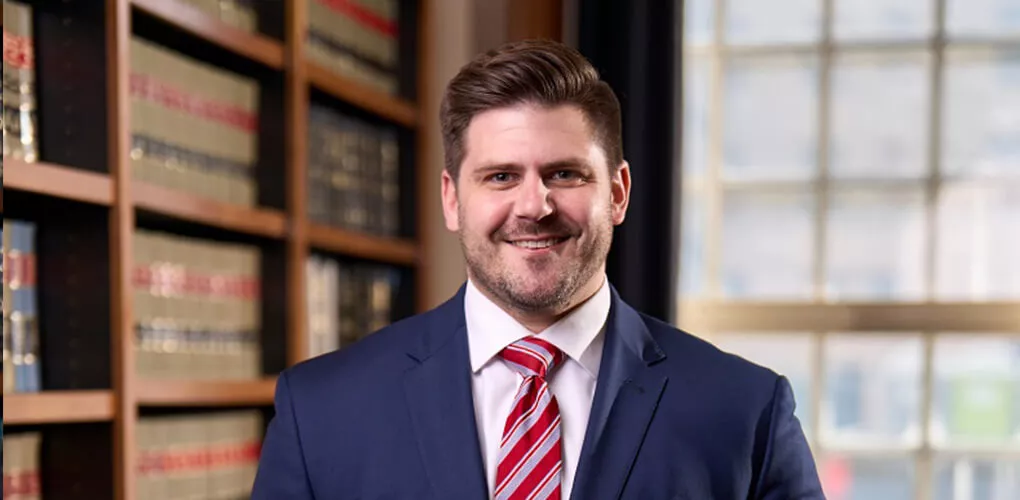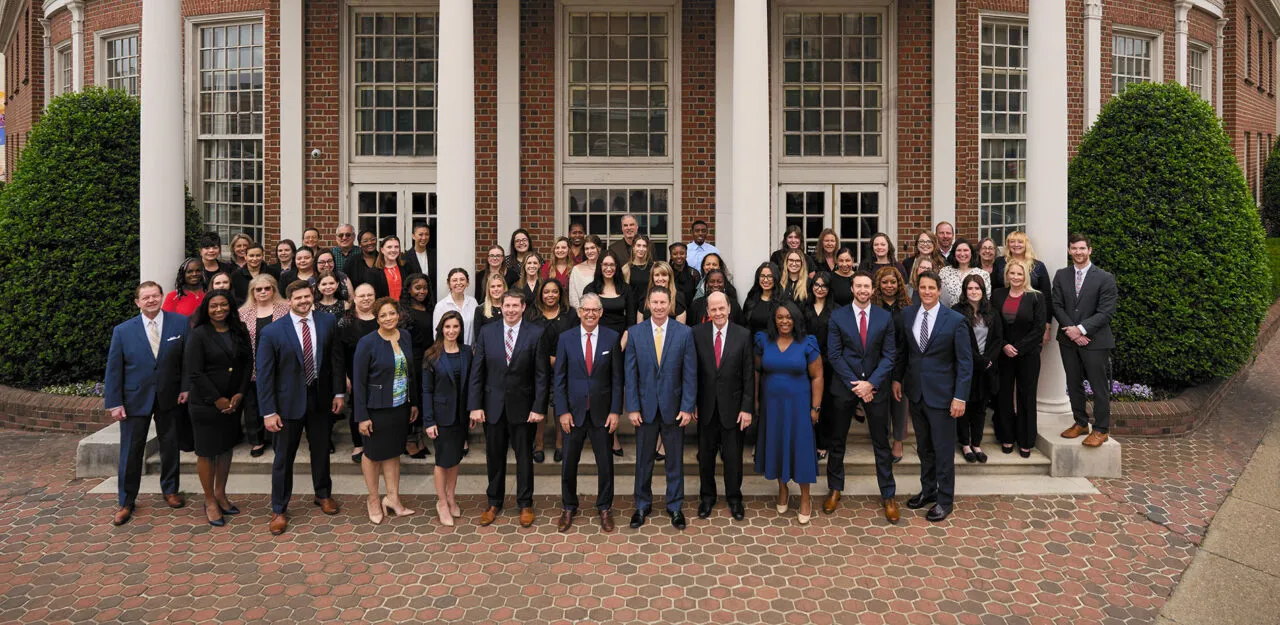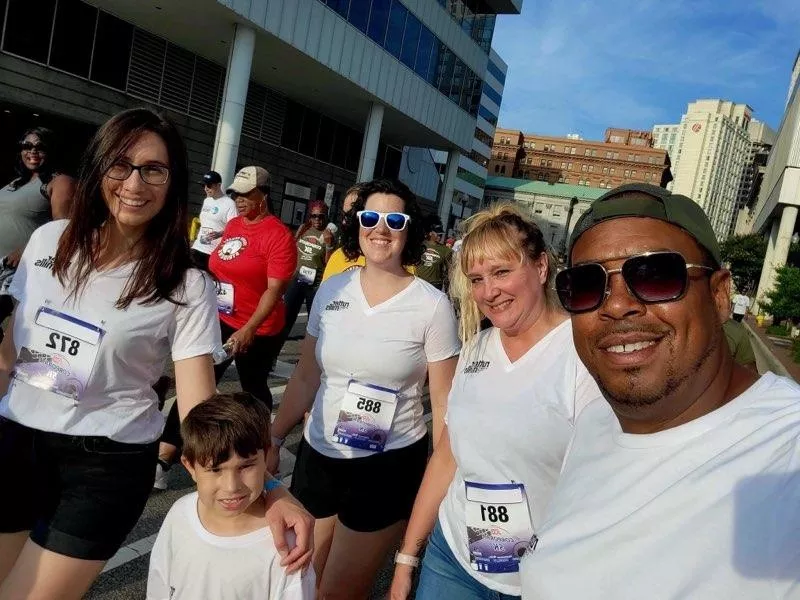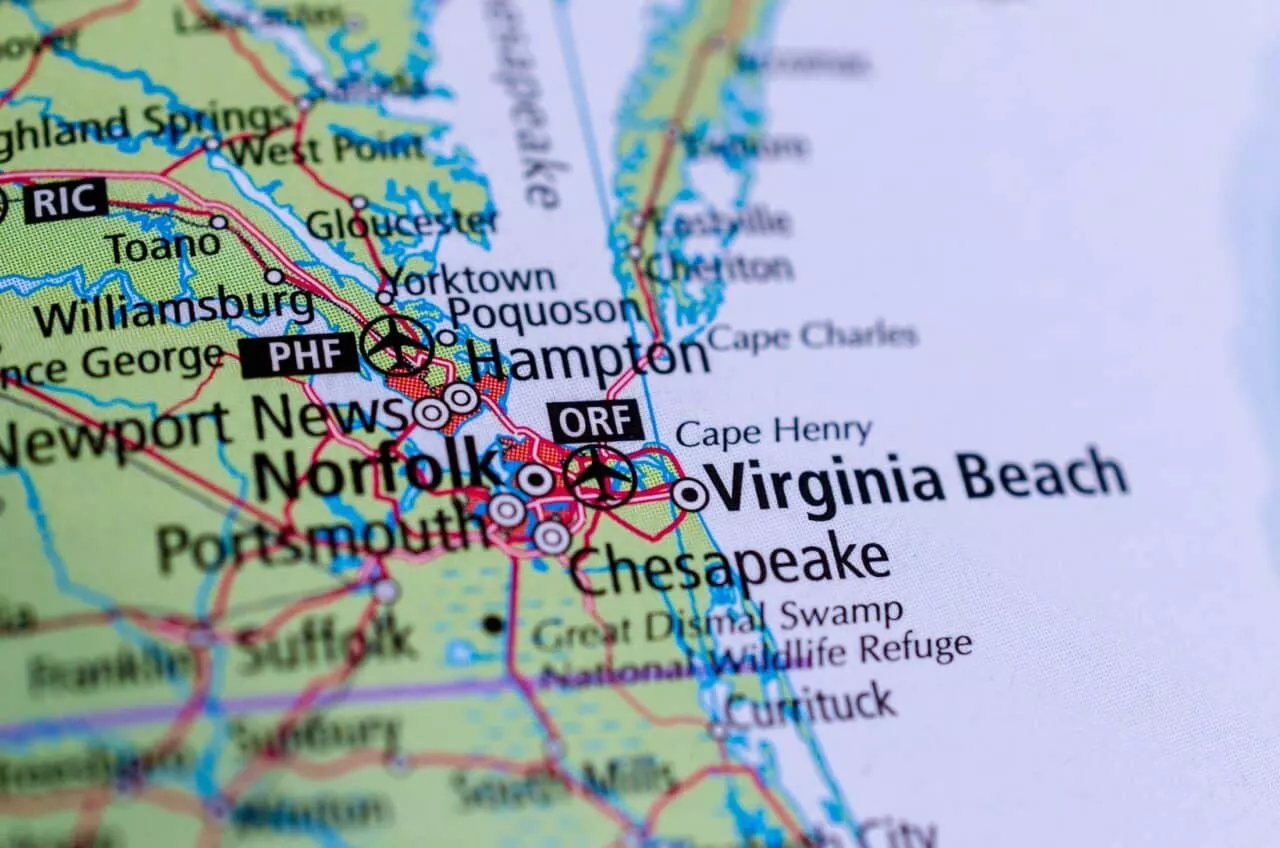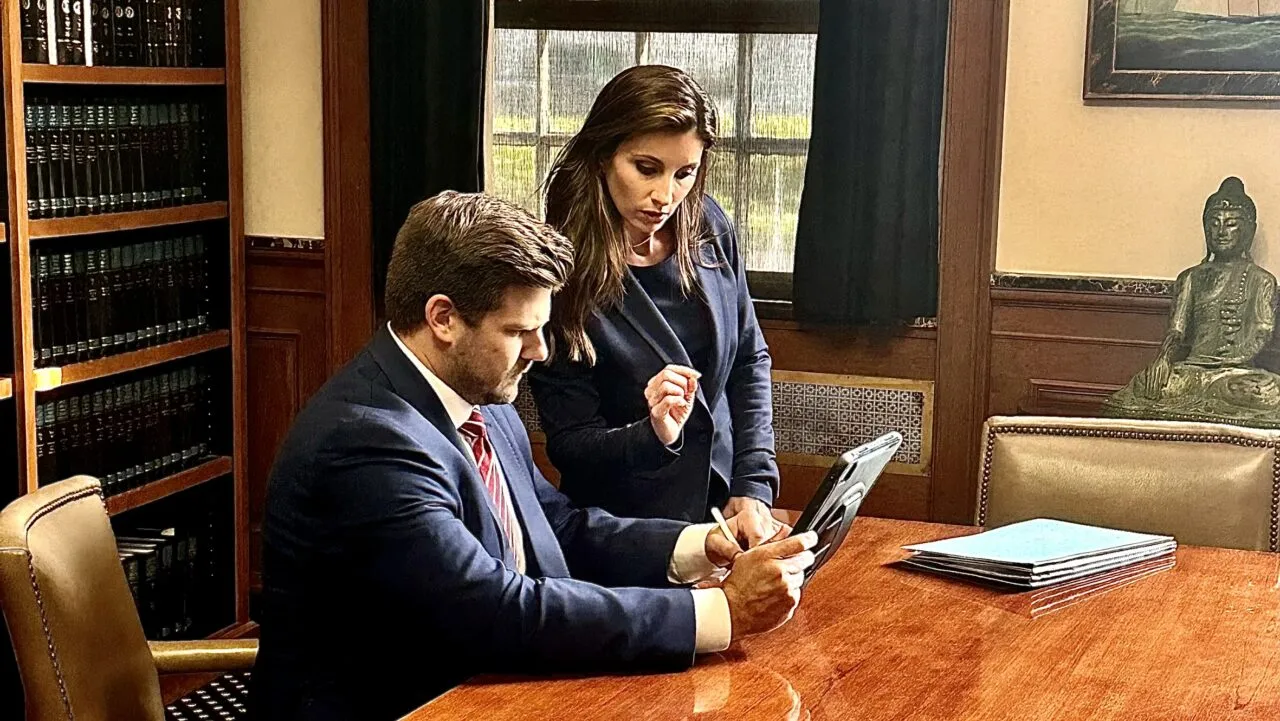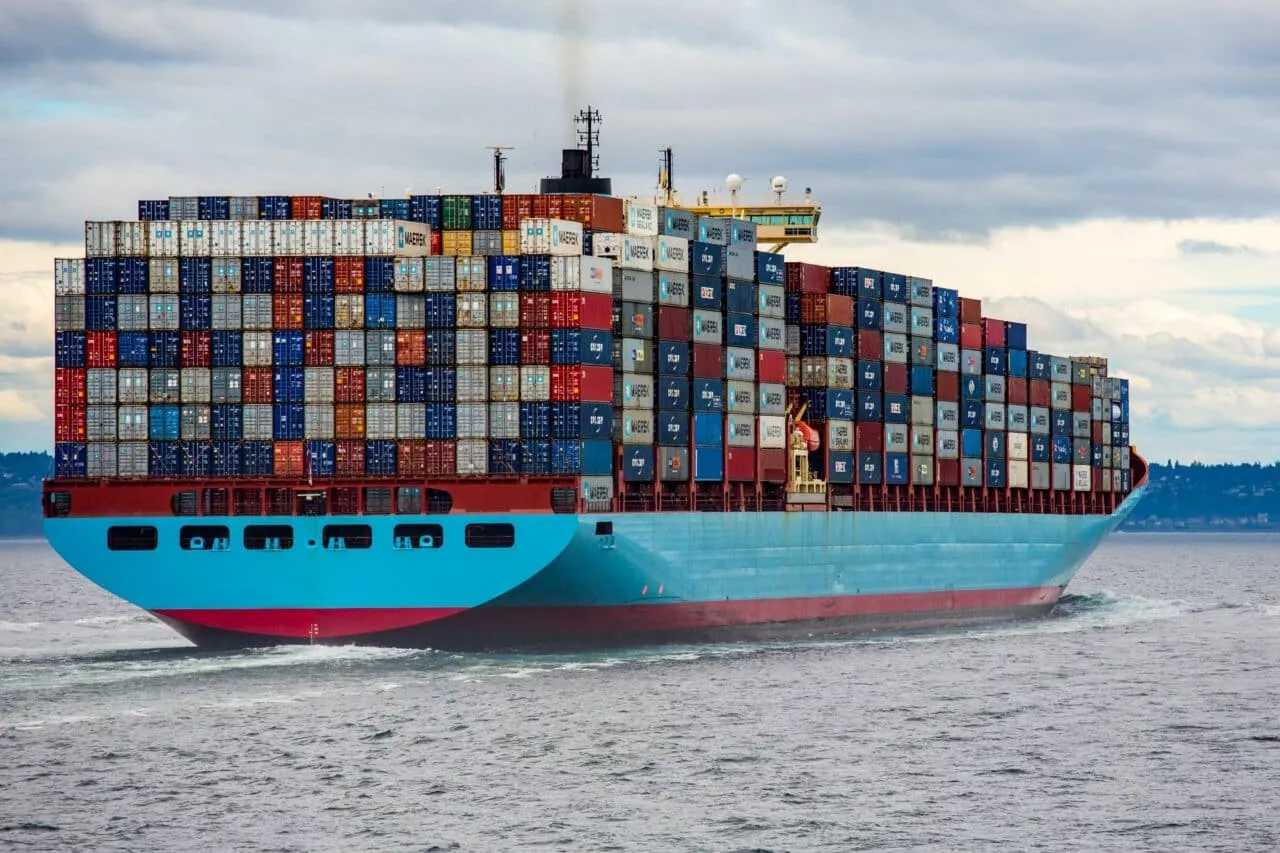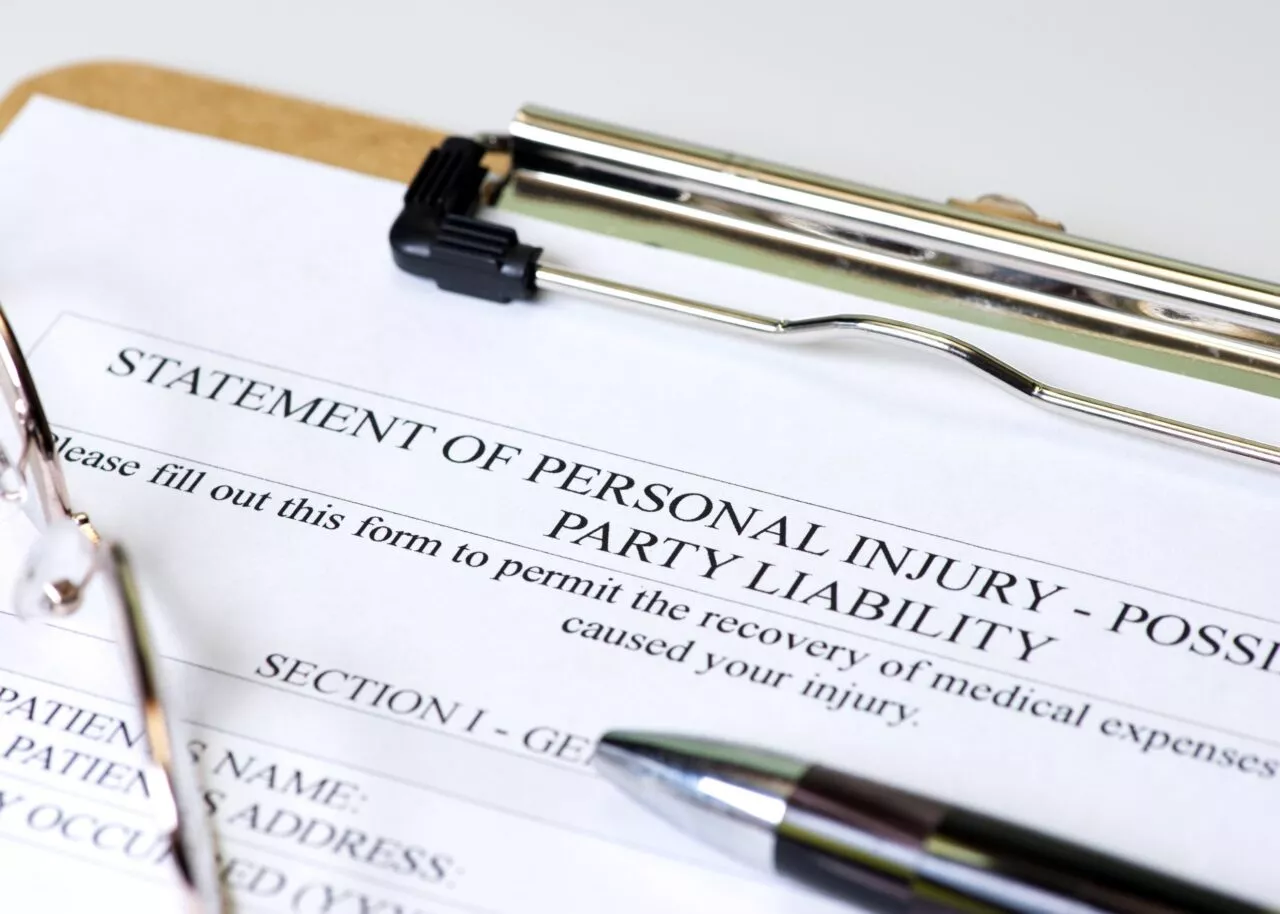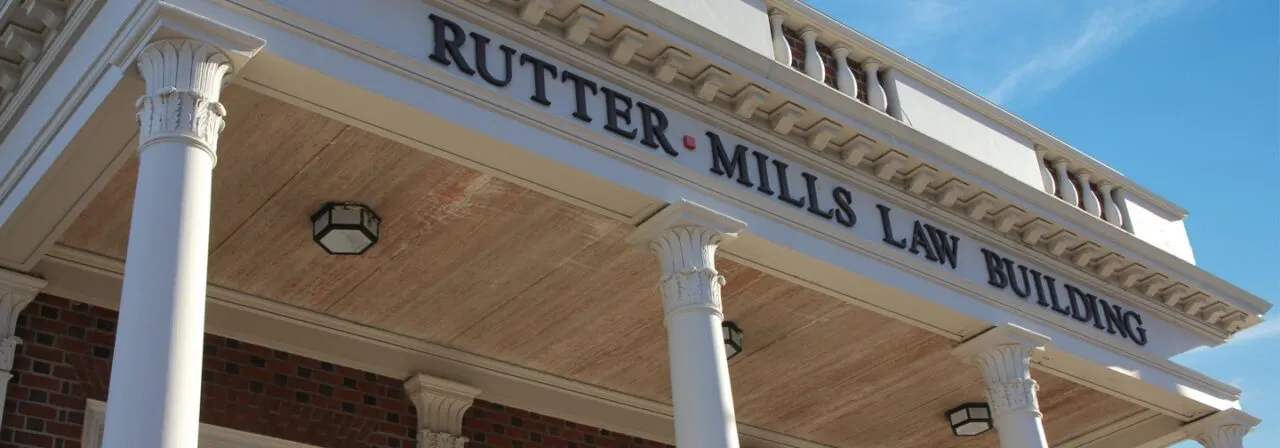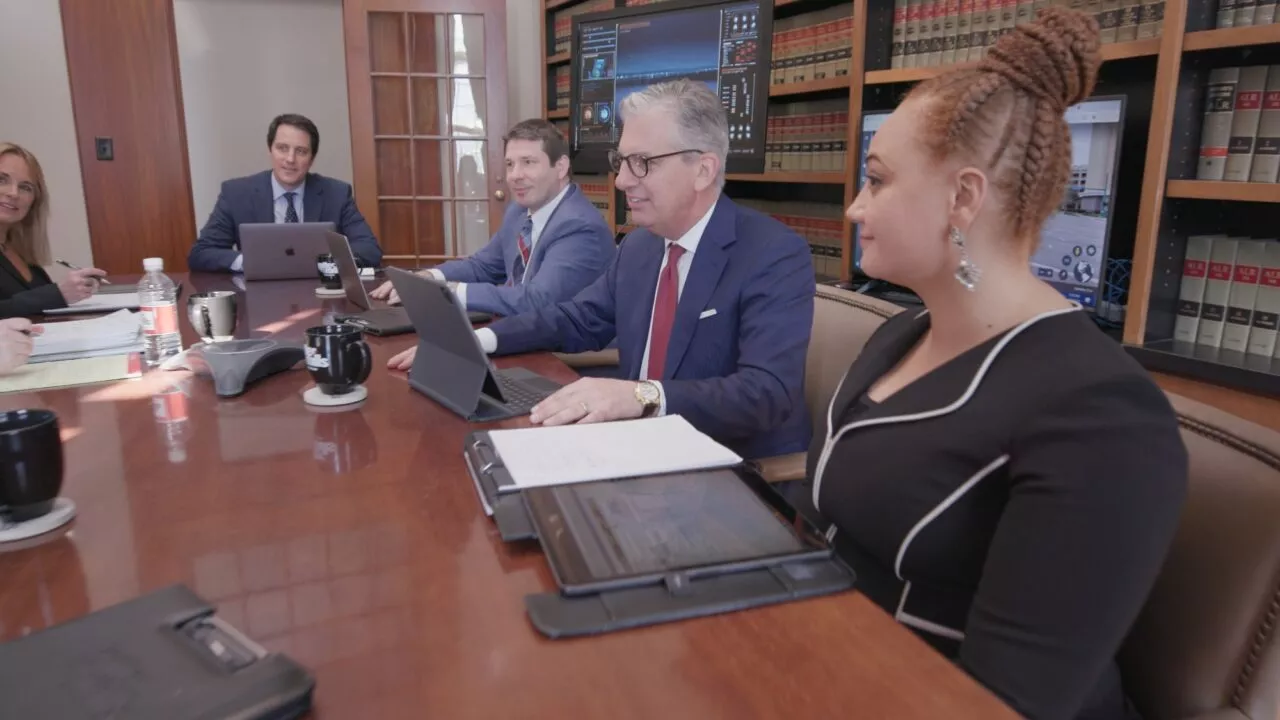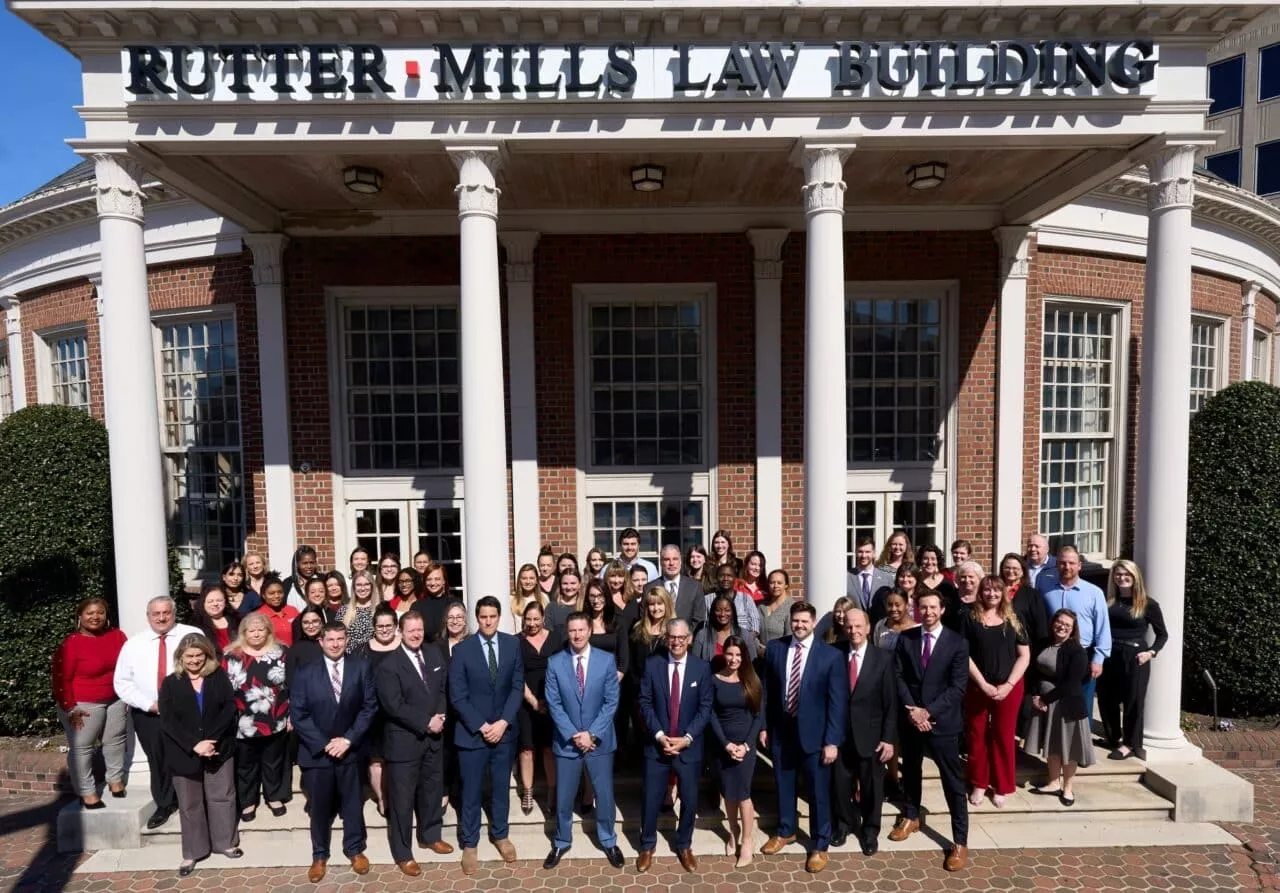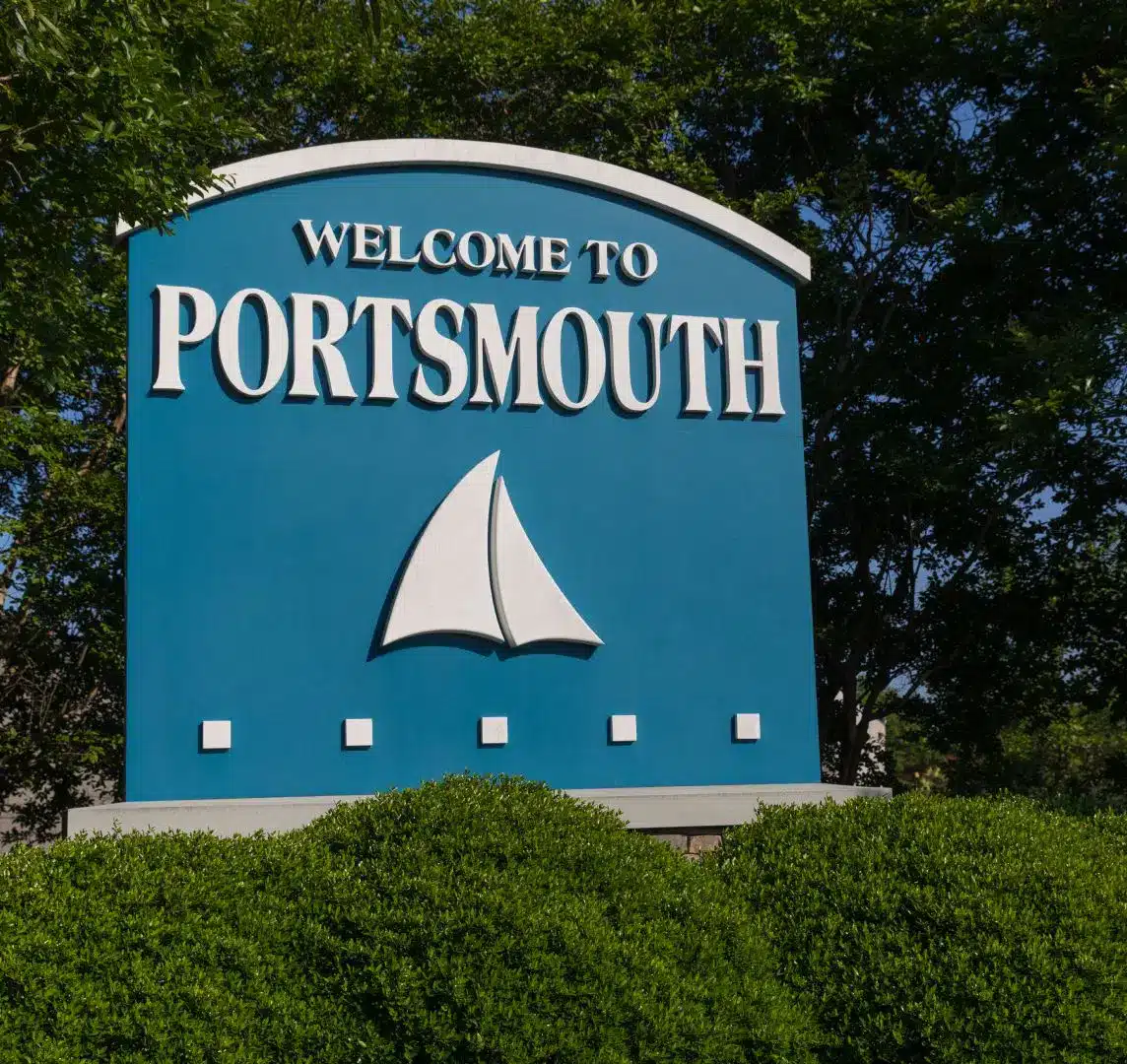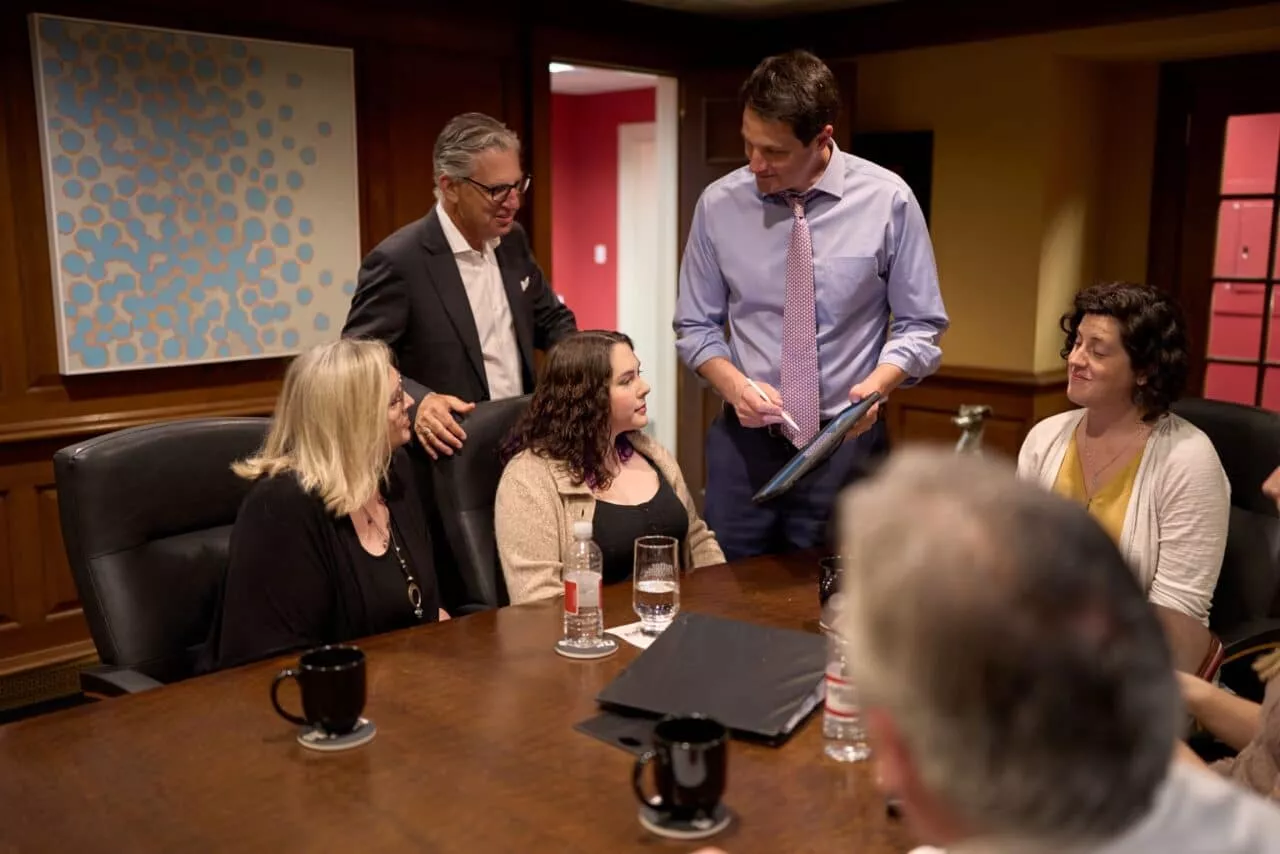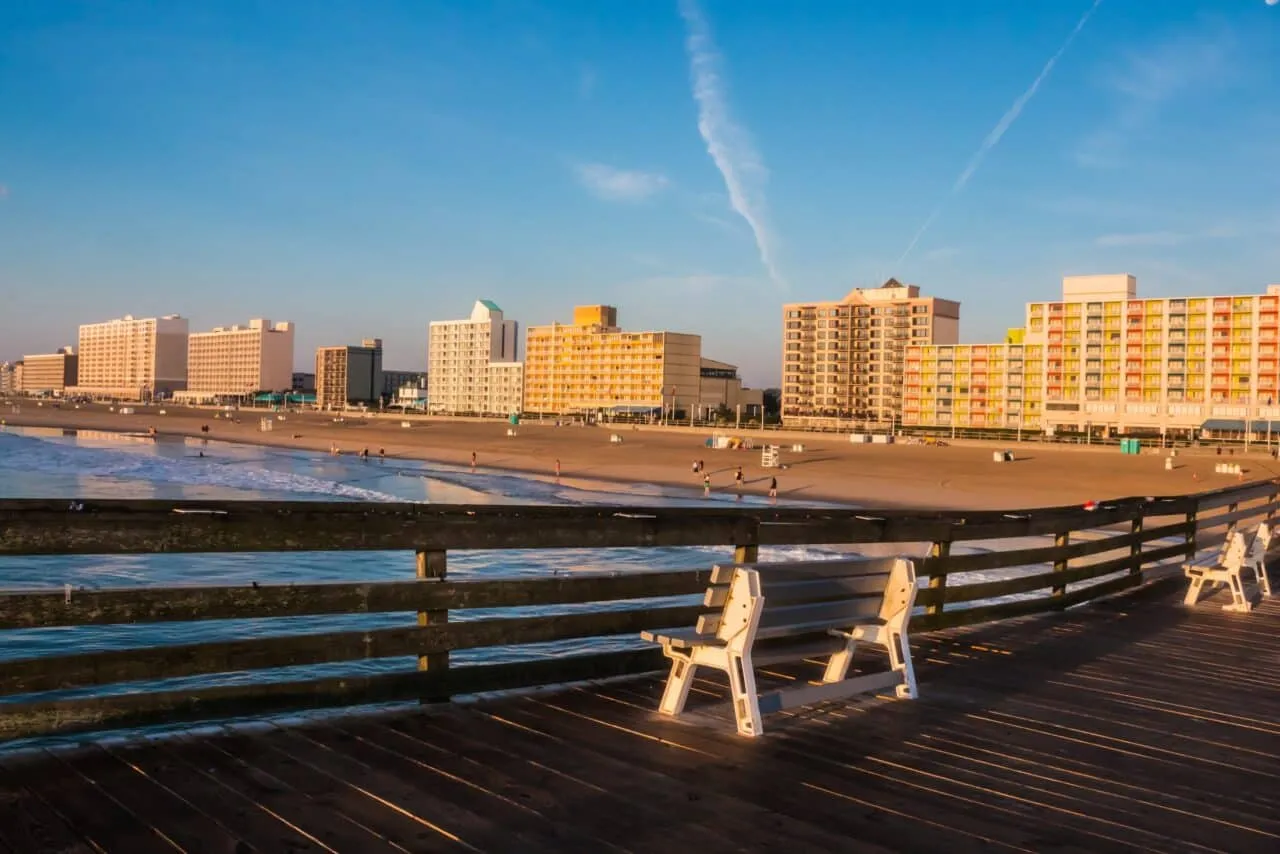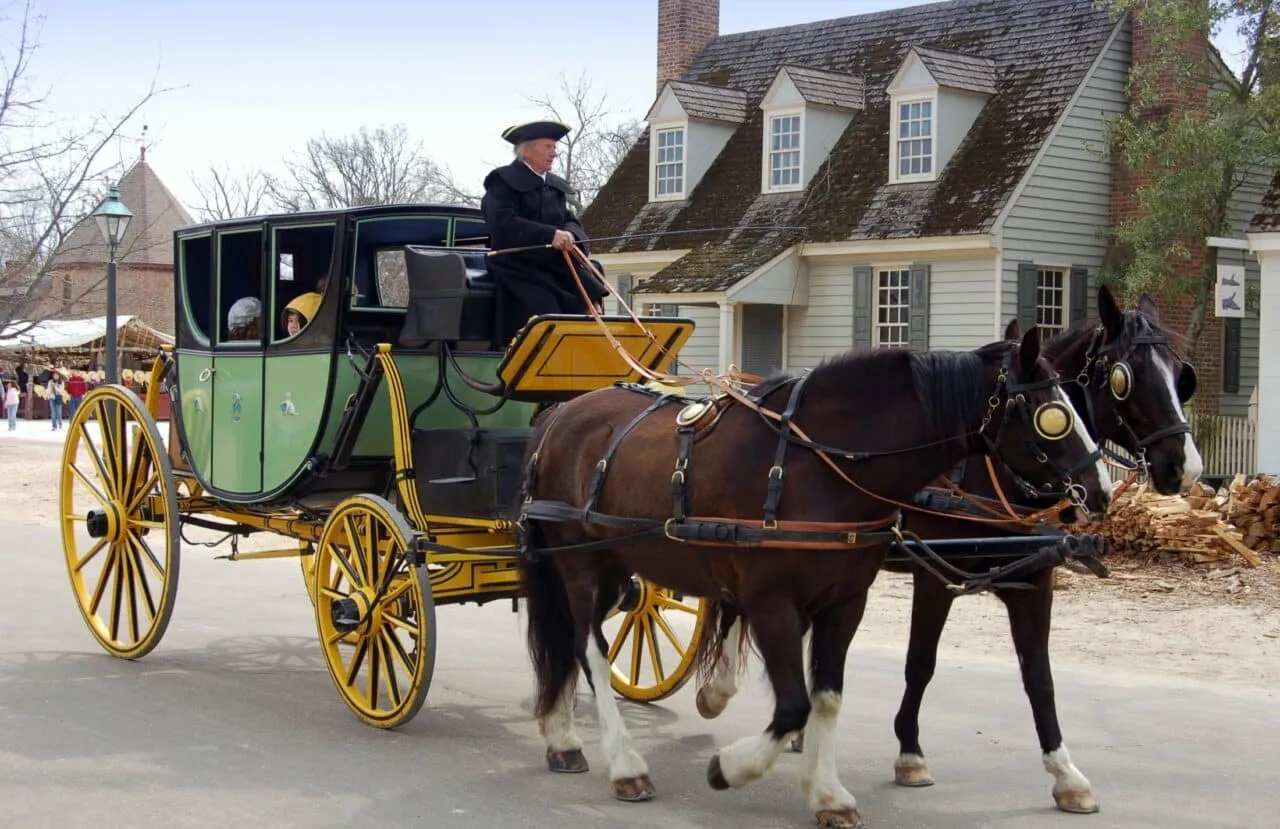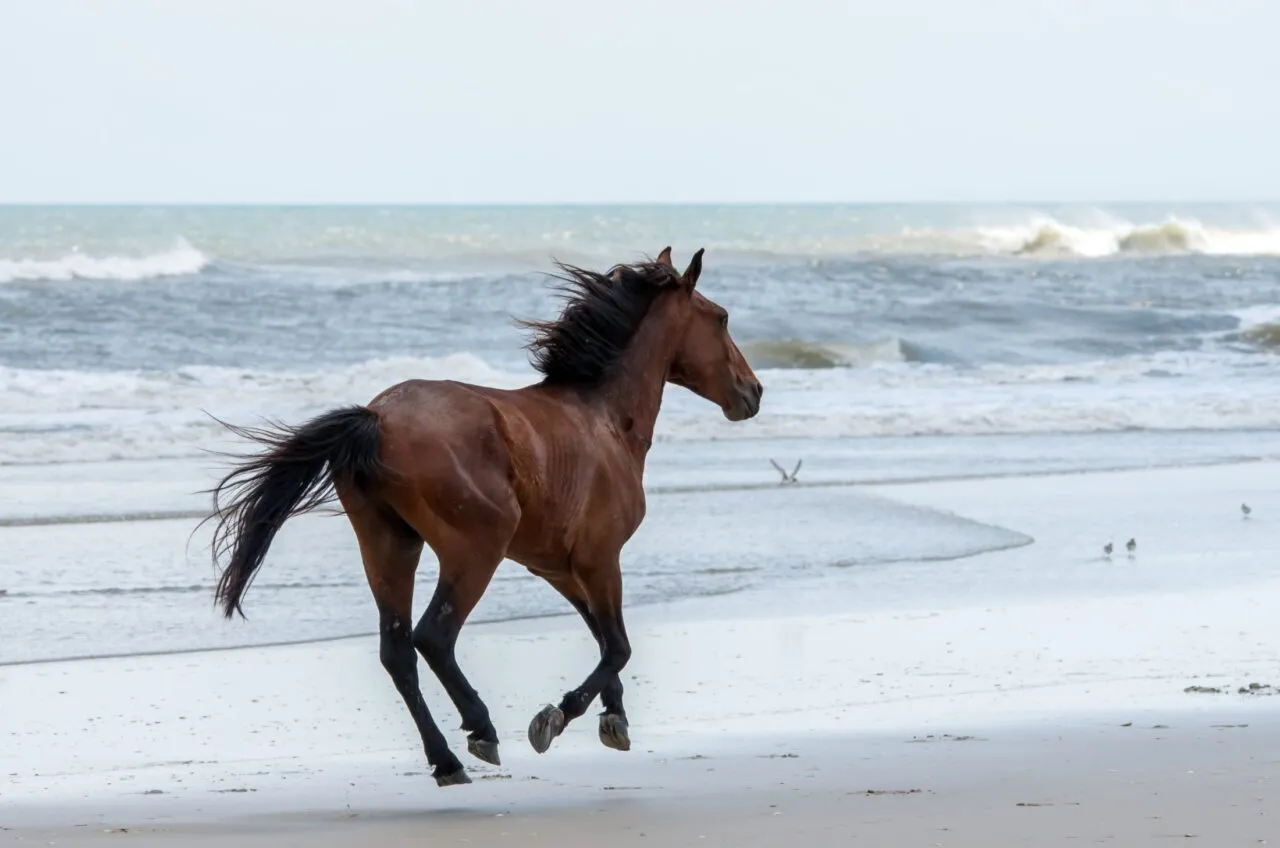You don’t have to worry about the bills, just get healthy.
Dave Put His Trust in Us
Don’t Fall For The Insurance Company’s Games
Dave suffered serious injuries in a car accident. The defendant’s insurance company tried to offer him a low amount so Dave called Rutter Mills. We took over dealing with the insurance and got Dave the money he needed to get back on his feet.
They enabled me to be happy in life again.
Get Back On Track
Protecting Your Future
Glenn’s car accident changed his life, but not permanently thanks to the help of his Rutter Mills attorney. When the insurance companies wouldn’t help him, our team fought back and won.
I knew I needed Rutter Mills.
Fighting For What's Right
Getting Justice
On his way home from work at the shipyard, Dan was involved in an accident. He tried to file a claim on his own, but the insurance company wouldn’t give him the money he needed to put his life back on track. Dan knew he needed to call Rutter Mills.
They actually won my case 3 times!
Larena's Win
After her car accident, Larena asked her father, a local stevedore, for his advice on who to call. He recommended Rutter Mills. Her team of car accident experts at Rutter Mills fought back when the insurance companies tried to deny her the money she needed to recuperate from her injuries. We took her case to trial – and won. When the insurance company filed their appeals, we beat them again – two more times! Larena got the money she needed and the justice she deserved.
We’re going to immediately call Rutter Mills. That’s the people I trust with my baby girl.
Who Do You Trust With Your Family?
After a car accident, Jamaree’s first call was to her mom. She was shaken up and scared. Mom told her “We’re calling Rutter Mills. Her next was to Rutter Mills. Her Rutter Mills car accident team helped her get compensation “above & beyond” what she was expecting.
They lifted allot of stress off my shoulders. I recommend them to anybody because they WILL fight for you.
Who Can You Turn To?
Referrals From Friends and Family
After John was seriously injured in a motorcycle accident, he turned to the person he trusts most for a recommendation. His wife, a paralegal of 30 years, told him to call Rutter Mills on the advice of the lawyer she worked for.
They really care for you as a person. Words cannot describe what Rutter Mills did for me and for my case.
When You Need Someone In Your Corner
Don’t Go It Alone
When the insurance company tried to get Carol to sign paperwork after her car accident, she knew she needed a lawyer. Carol knew she needed Rutter Mills.
When I called Rutter Mills, I knew it was the right fit. They’re so interested in helping you get justice.
Getting The Justice You Deserve
When Mom Needs Strength
Taryn was in a car accident while she was pregnant. She knew she needed someone in her corner to protect her rights and her family’s future.
There’s attorneys, then there’s Rutter Mills.
We're Here When The Unexpected Happens
Priorities
A devasting accident changed Levon’s life forever. The physical and emotional toll left him scared and in pain. When the insurance company for the defendant contacted the family, they made an offer that did not even cover the cost of the medication, much less doctors’ bills, and physical therapy. They knew they needed to talk to a serious lawyer. Rutter Mills took care of the negotiation so Levon could focus on healing.
When you’ve got a serious injury, you need a serious lawyer. That’s why we chose Rutter Mills.
Motorcycle Accidents Change Everything
When Ed was injured in a motorcycle crash, he knew he needed a serious lawyer to protect his rights. The insurance companies were fighting him every step of the way. Rutter Mills helped prove Ed’s case and get him the money he needed to get on the road to recovery.
With the seriousness of the accident, I knew that we needed a serious lawyer. I needed Rutter Mills.
Carol & Levon's Story
They knew they needed a serious lawyer when Carol and her son were seriously injured. After the other party’s insurance company tried to get her to settle for less than she needed, Carol called Rutter Mills for help. We took on the insurance company so she could focus on healing.
